Tech Articles
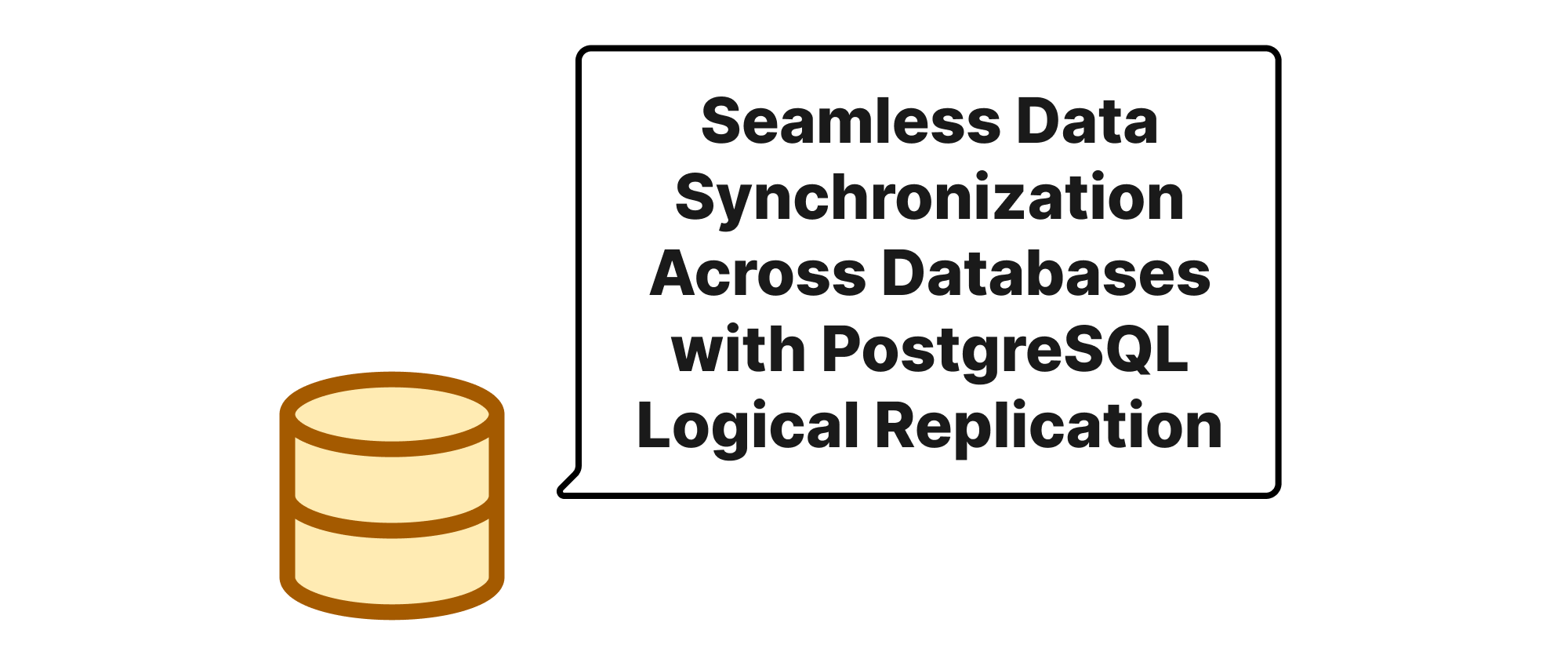
Seamless Data Synchronization Across Databases with PostgreSQL Logical Replication
This article delves into PostgreSQL Logical Replication for cross-database data synchronization and Change Data Capture (CDC), explaining its mechanisms, implementation, and practical applications for maintaining data consistency across distributed systems.
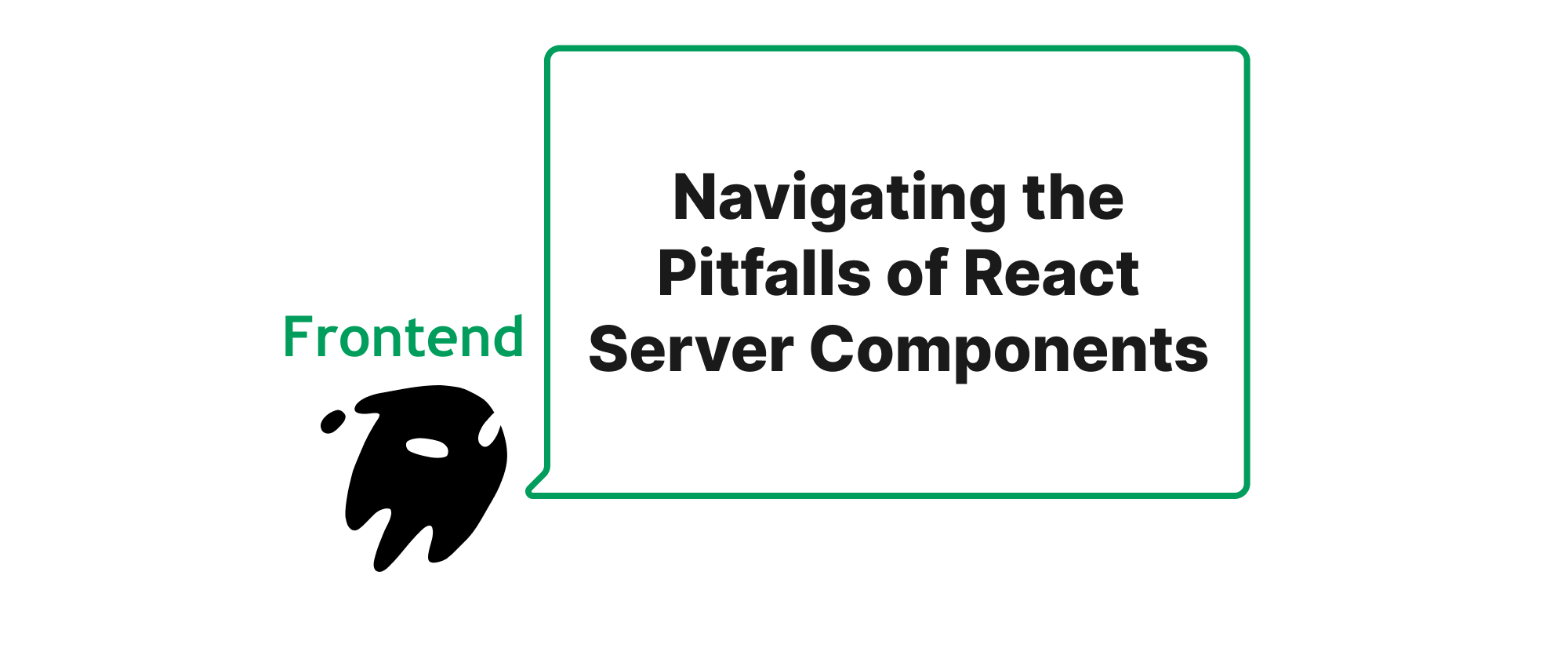
Navigating the Pitfalls of React Server Components
Exploring common missteps in React Server Components, focusing on client-side data fetching and the misuse of 'use client' directives, to help developers leverage this powerful paradigm effectively.
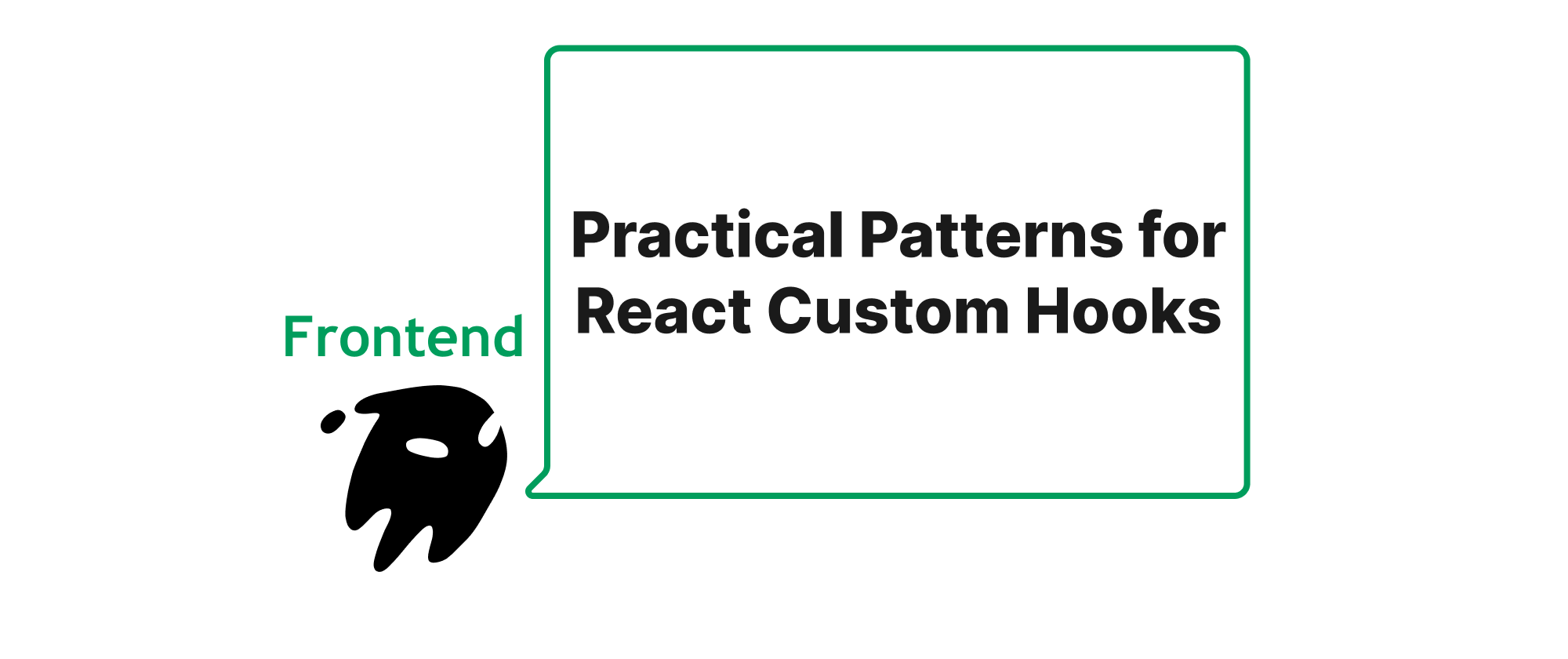
Practical Patterns for React Custom Hooks
Explore common and highly effective patterns for building custom React Hooks, focusing on useDebounce and useLocalStorage with practical examples.
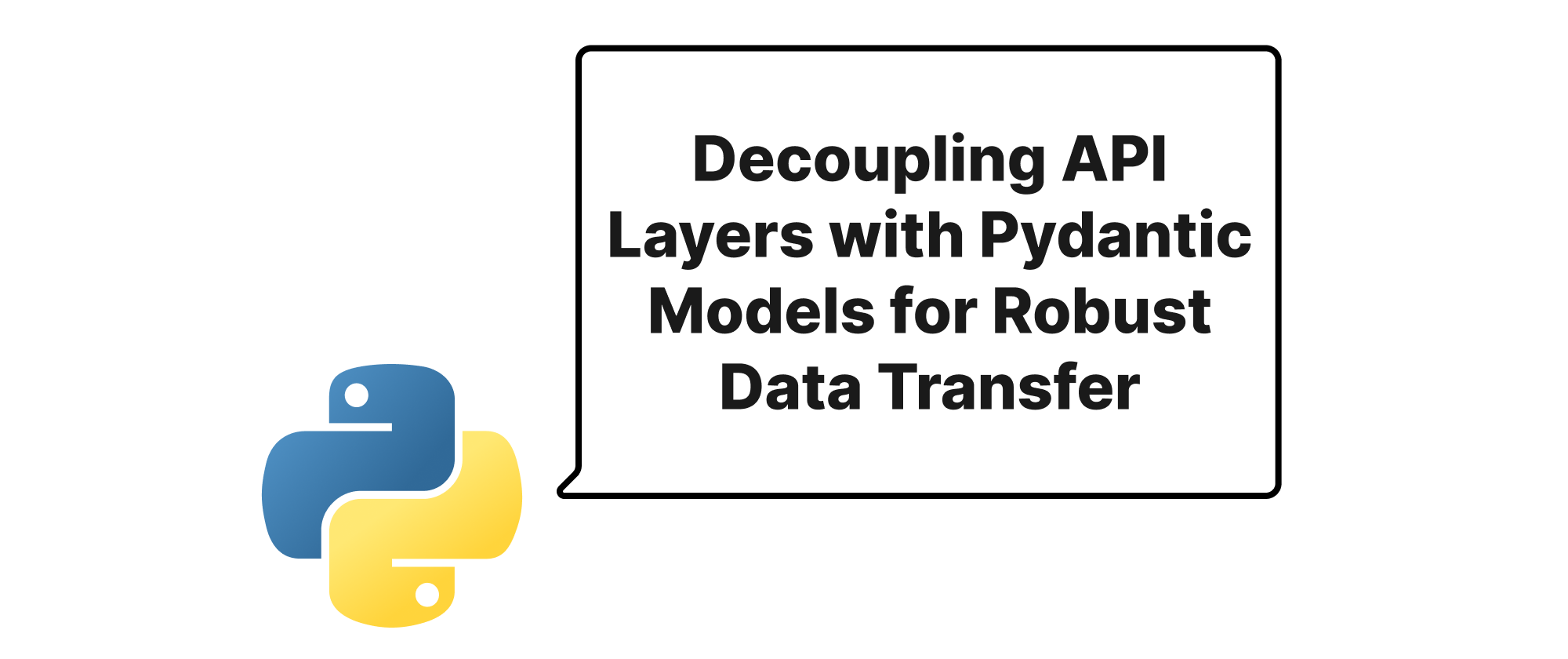
Decoupling API Layers with Pydantic Models for Robust Data Transfer
Explore how Pydantic models serve as powerful Data Transfer Objects (DTOs) in Python APIs, effectively decoupling the API layer from ORM models for improved maintainability and data integrity.
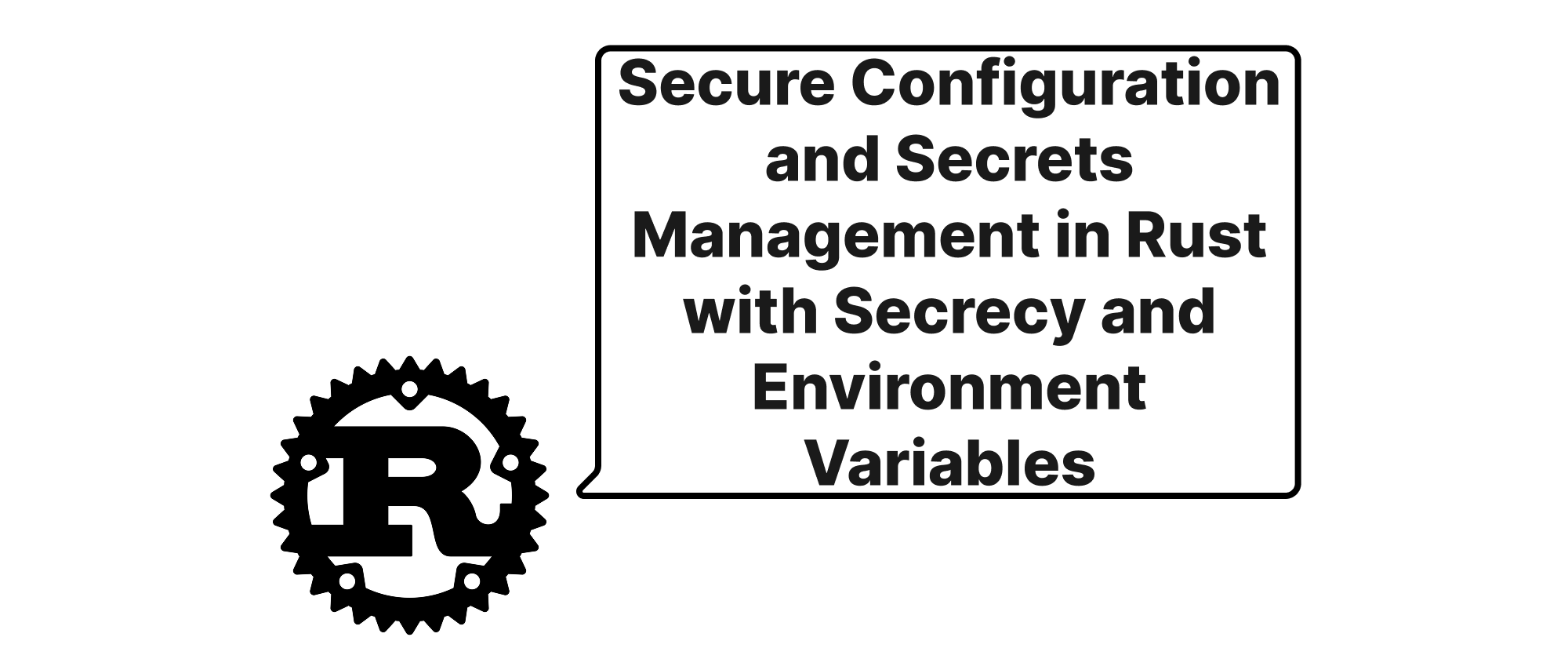
Secure Configuration and Secrets Management in Rust with Secrecy and Environment Variables
Explore how to safely handle sensitive application configurations and secrets in Rust using the `secrecy` crate and environment variables, ensuring robust security practices.
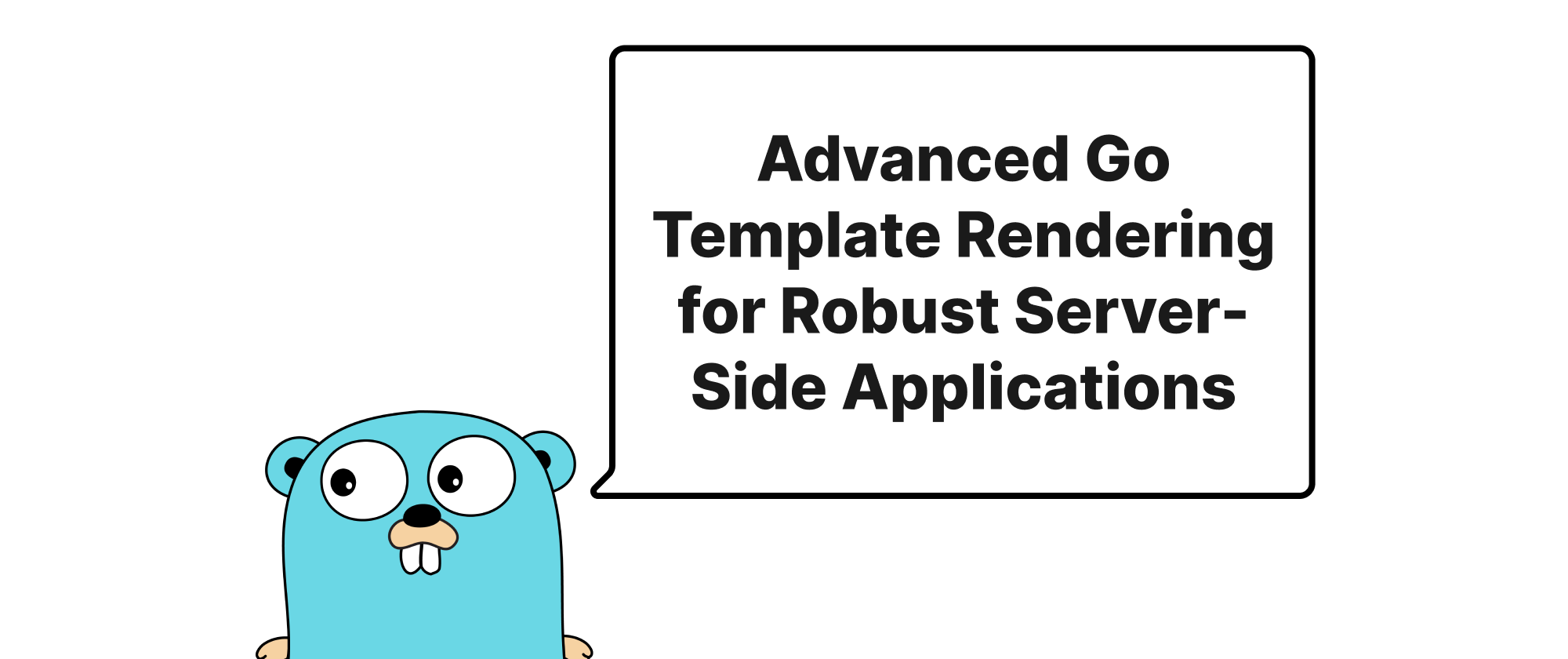
Advanced Go Template Rendering for Robust Server-Side Applications
Explore advanced html/template features and best practices to build performant and secure server-side rendered Go applications.
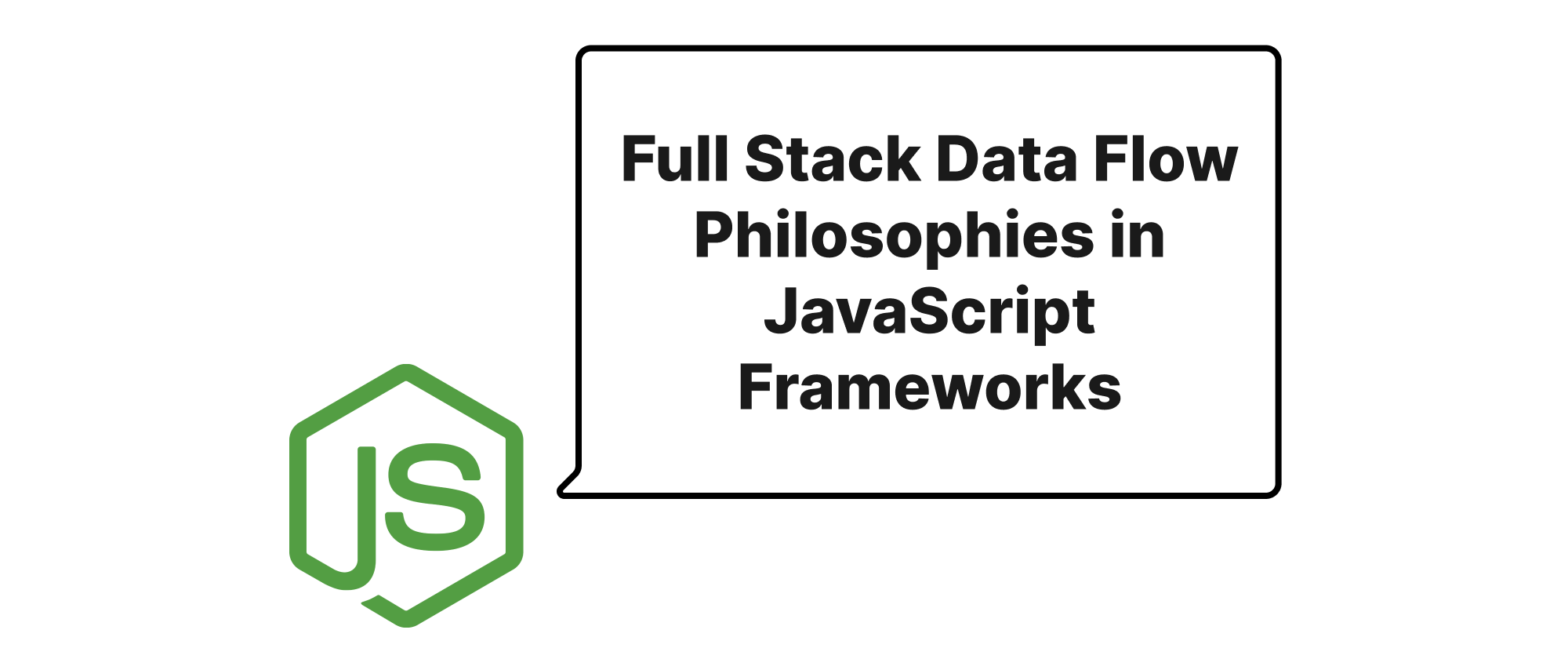
Full Stack Data Flow Philosophies in JavaScript Frameworks
A deep dive into the distinct approaches of Remix Loaders and Next.js Server Actions for managing data flow in modern web applications.

Build a Great Nest.js Blog: Upload Image
This tutorial demonstrates how to add image uploads to a Nest.js blog using S3-compatible storage, covering the backend API creation, frontend integration with the FilePicker API, and Markdown rendering.
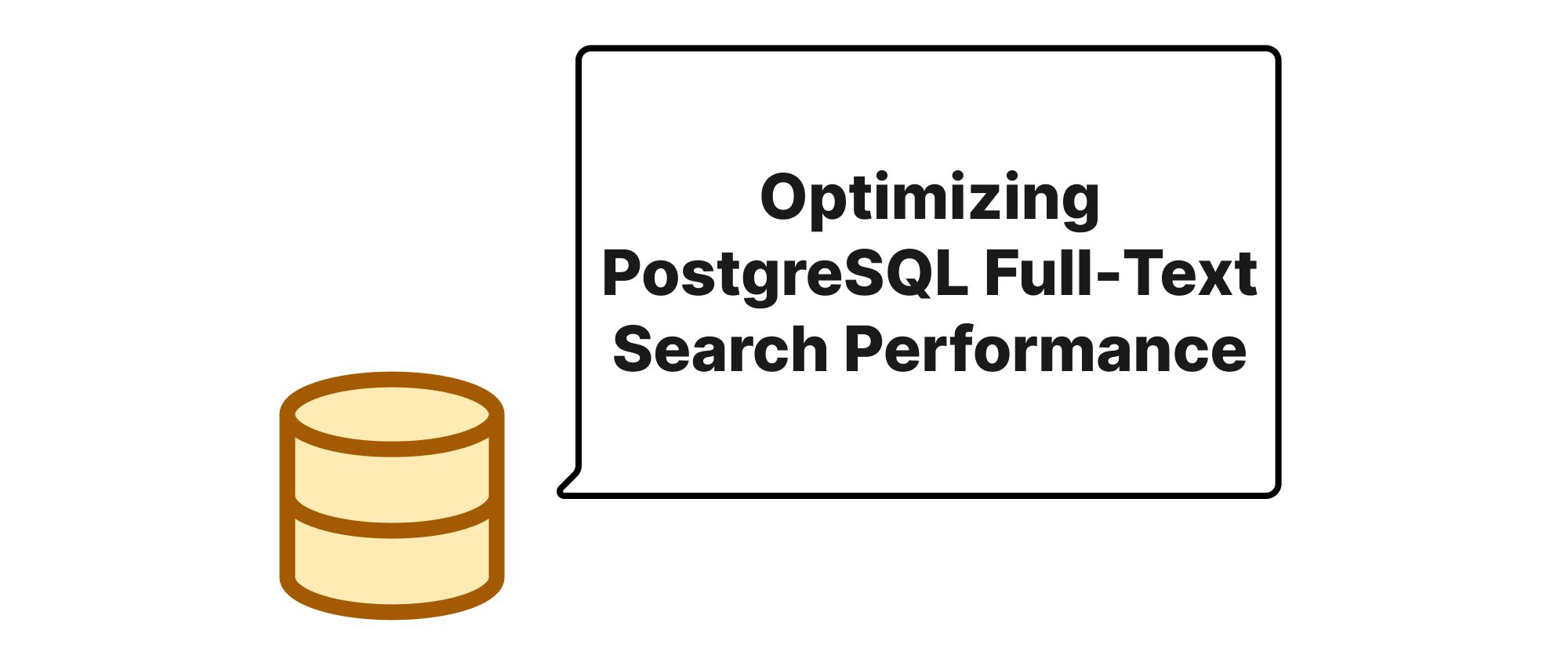
Optimizing PostgreSQL Full-Text Search Performance
A comprehensive guide to enhancing PostgreSQL full-text search performance through effective indexing, dictionaries, and ranking algorithms.
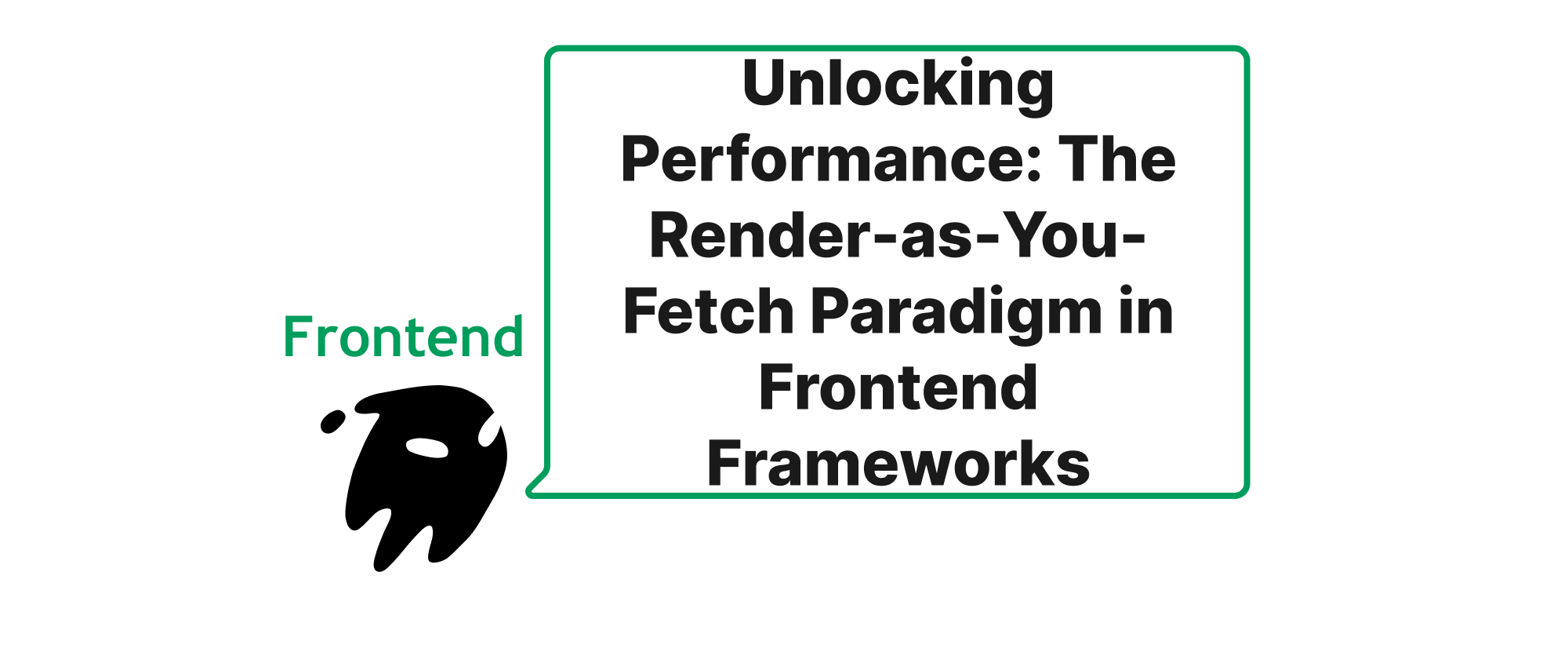
Unlocking Performance: The Render-as-You-Fetch Paradigm in Frontend Frameworks
Explore the 'Render-as-you-fetch' pattern, a powerful technique behind Suspense and React Server Components, revolutionizing how modern frontend applications handle data loading and rendering for improved user experience and performance.
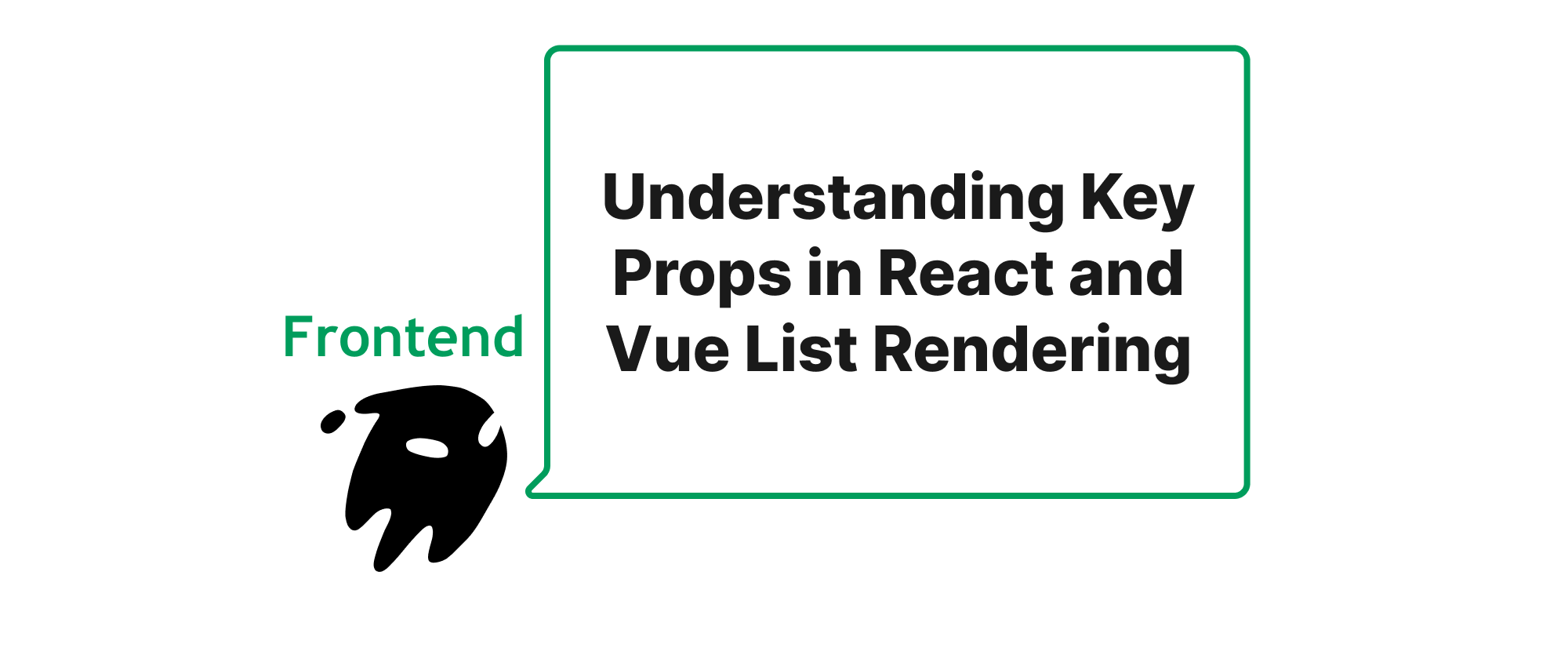
Understanding Key Props in React and Vue List Rendering
This article delves into the critical role and underlying mechanics of key props when rendering lists in React and Vue, explaining how they optimize performance and maintain state coherence.
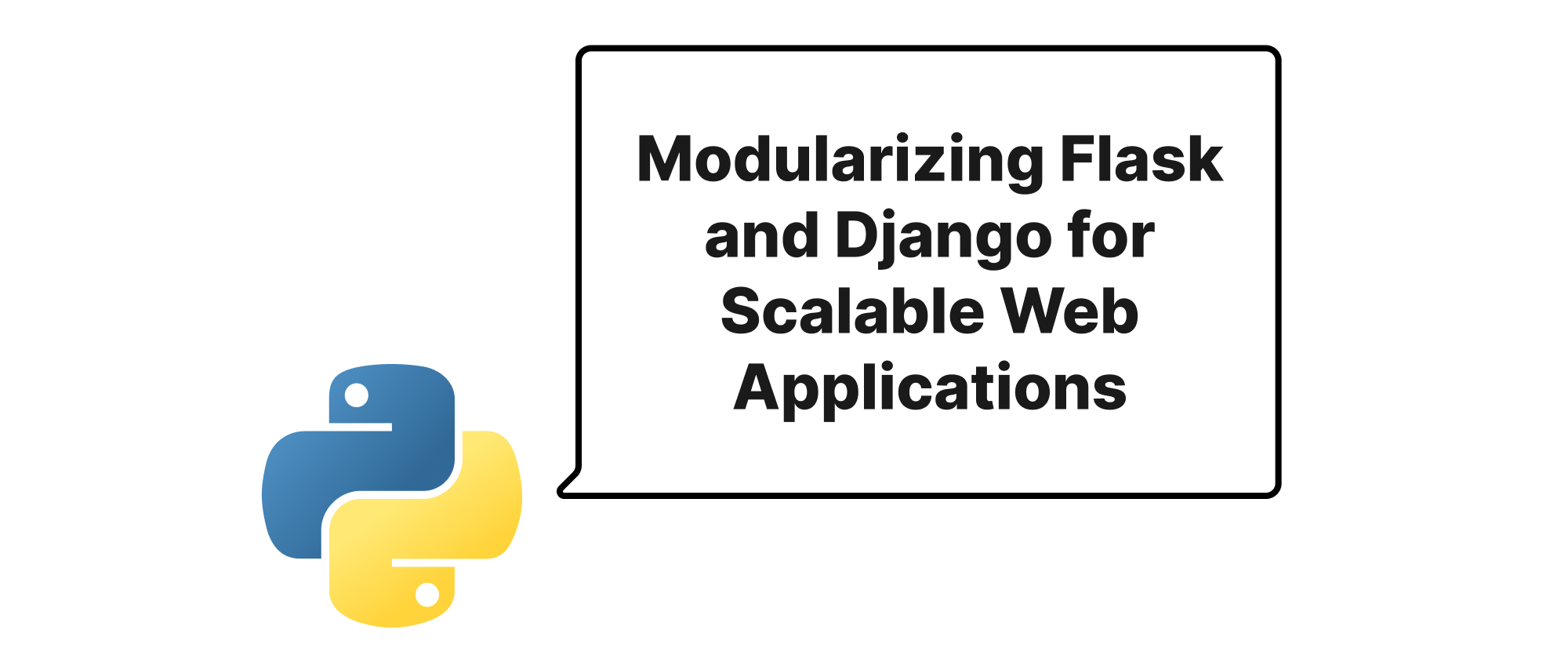
Modularizing Flask and Django for Scalable Web Applications
Learn how to break down monolithic Flask app.py or Django views.py files into modular blueprints and routers, improving maintainability and scalability for your web applications.

Achieving End-to-End Type Safety in Next.js with tRPC
Explore how tRPC eliminates the need for code generation to deliver seamless, end-to-end type safety between your Next.js frontend and Node.js backend, streamlining development and reducing errors.
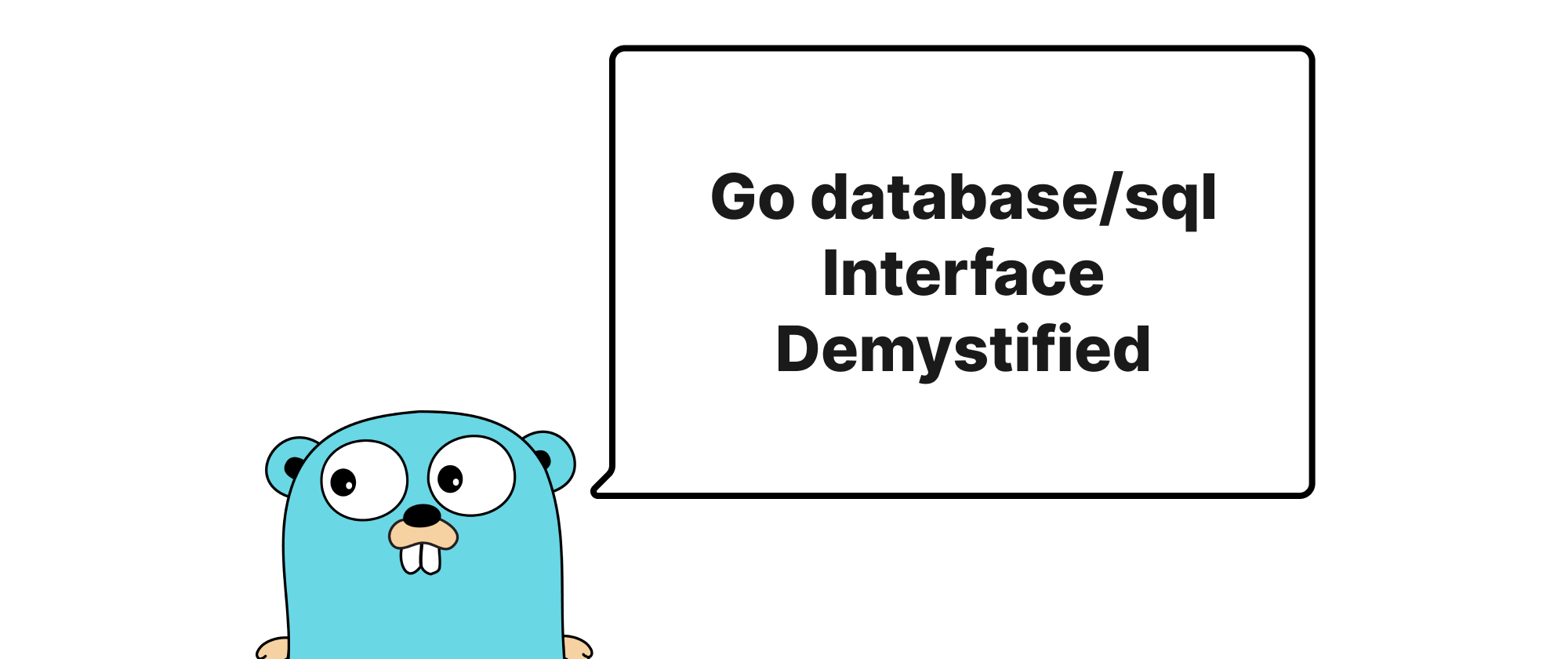
Go database/sql Interface Demystified - Connection Pooling to Transaction Mastery
A comprehensive guide to Go's database/sql package, covering connection management, prepared statements, and transaction handling with practical examples.

Build a Great Nest.js Blog: Reply Comment
This tutorial explains how to add threaded replies to a NestJS blog by updating the data model, adjusting backend services to handle hierarchical data, and enhancing the frontend with JavaScript.

Efficient Unidirectional Real-time Communication in Node.js Beyond WebSockets with SSE
Exploring Server-Sent Events (SSE) as a powerful alternative to WebSockets for efficient unidirectional real-time data streaming from server to client in Node.js applications.
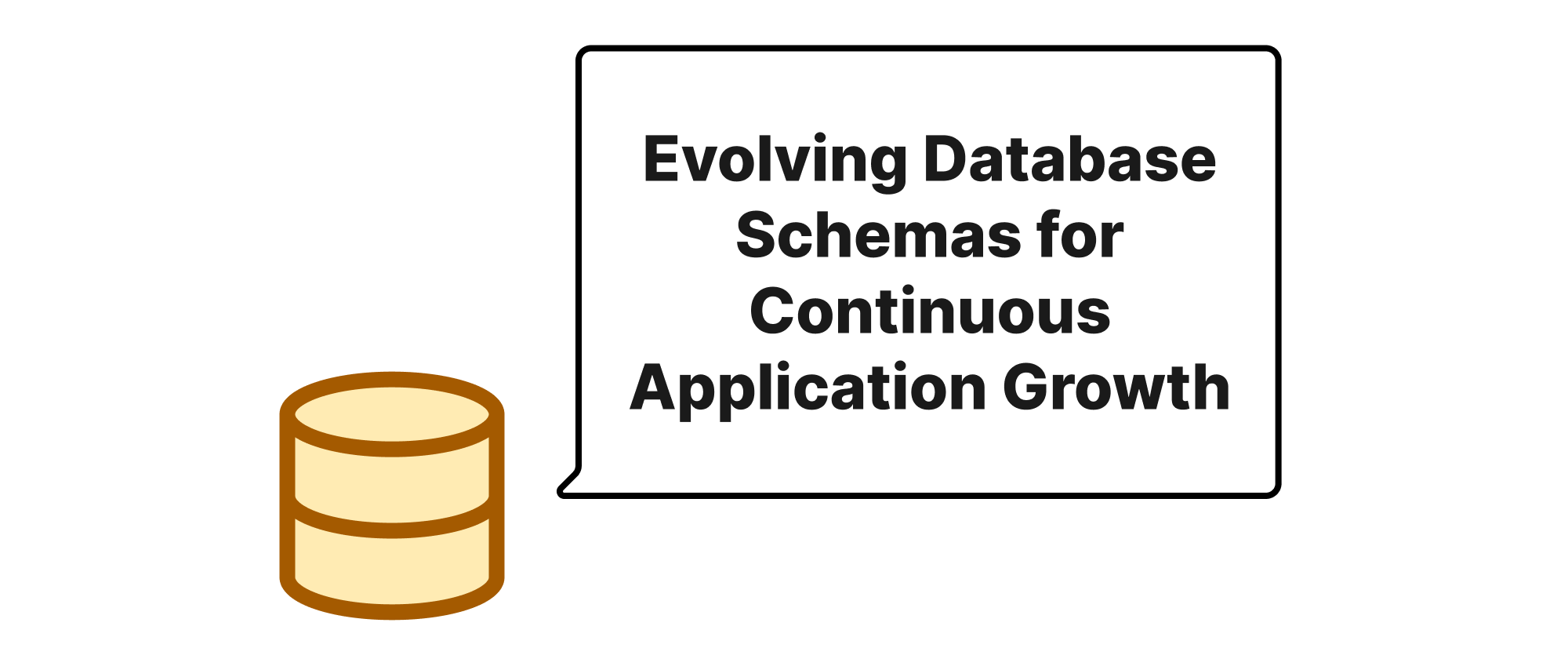
Evolving Database Schemas for Continuous Application Growth
Designing database schemas that can adapt to change is crucial for modern applications. This article explores strategies and techniques for adding, modifying, and deleting columns without impacting service availability, ensuring your application remains agile and performant.
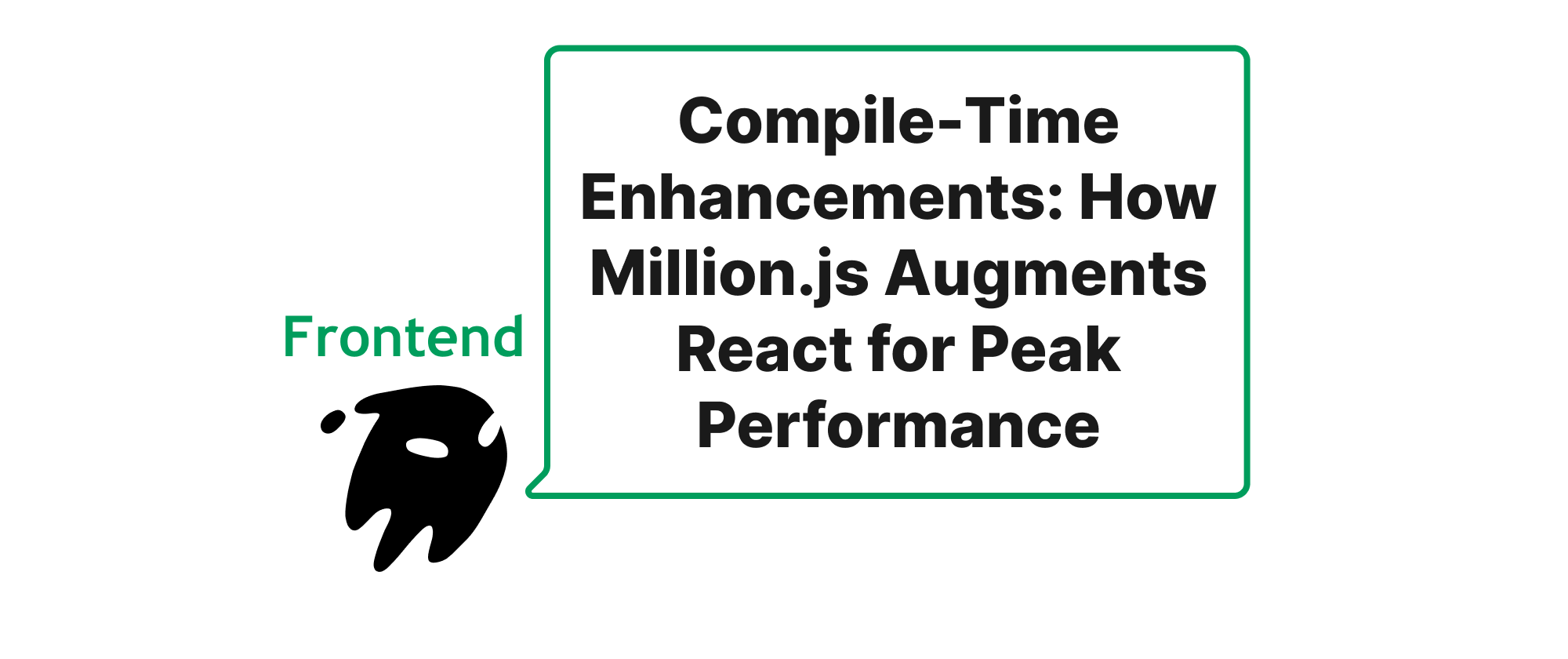
Compile-Time Enhancements: How Million.js Augments React for Peak Performance
This article explores how tools like Million.js use compile-time optimizations to significantly boost React application performance, focusing on their mechanisms, benefits, and practical applications.
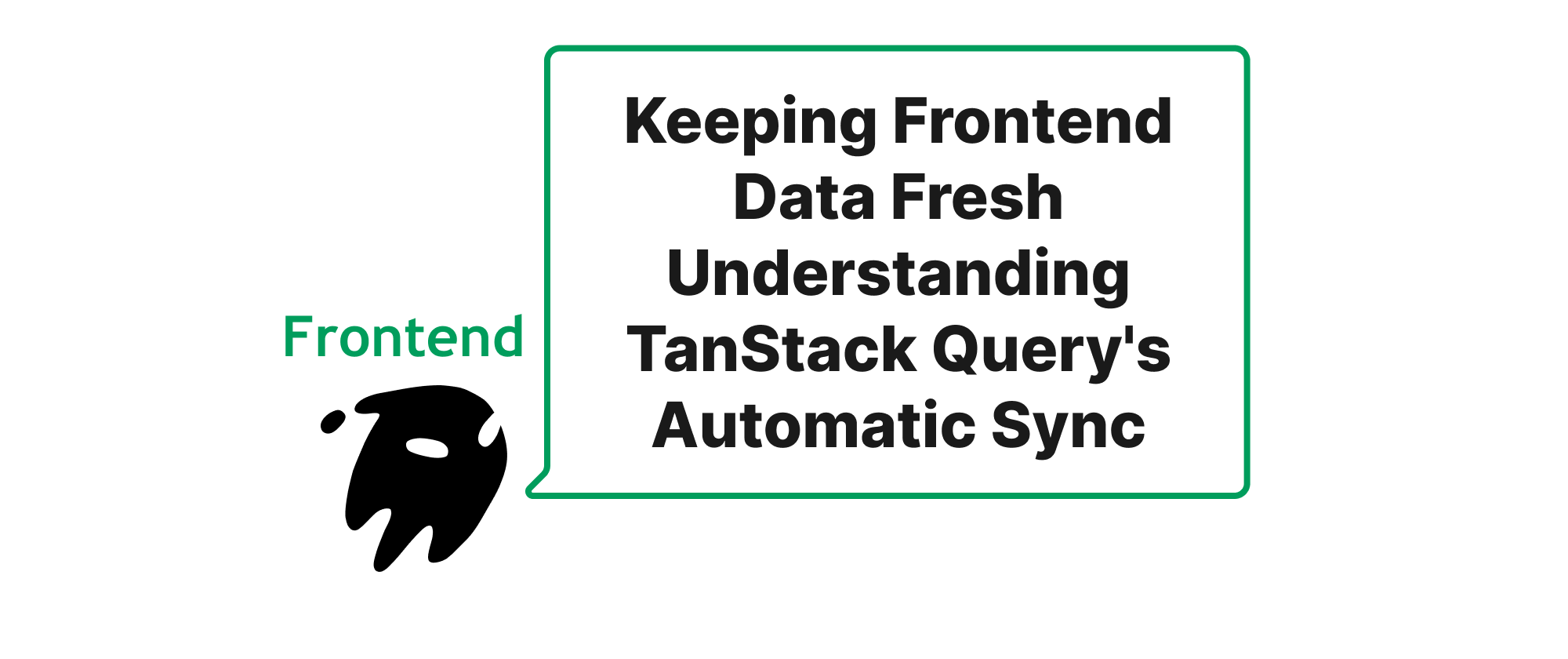
Keeping Frontend Data Fresh Understanding TanStack Query's Automatic Sync
This article delves into how TanStack Query (formerly React Query) intelligently synchronizes and refreshes frontend data with the backend, enhancing user experience and developer efficiency.
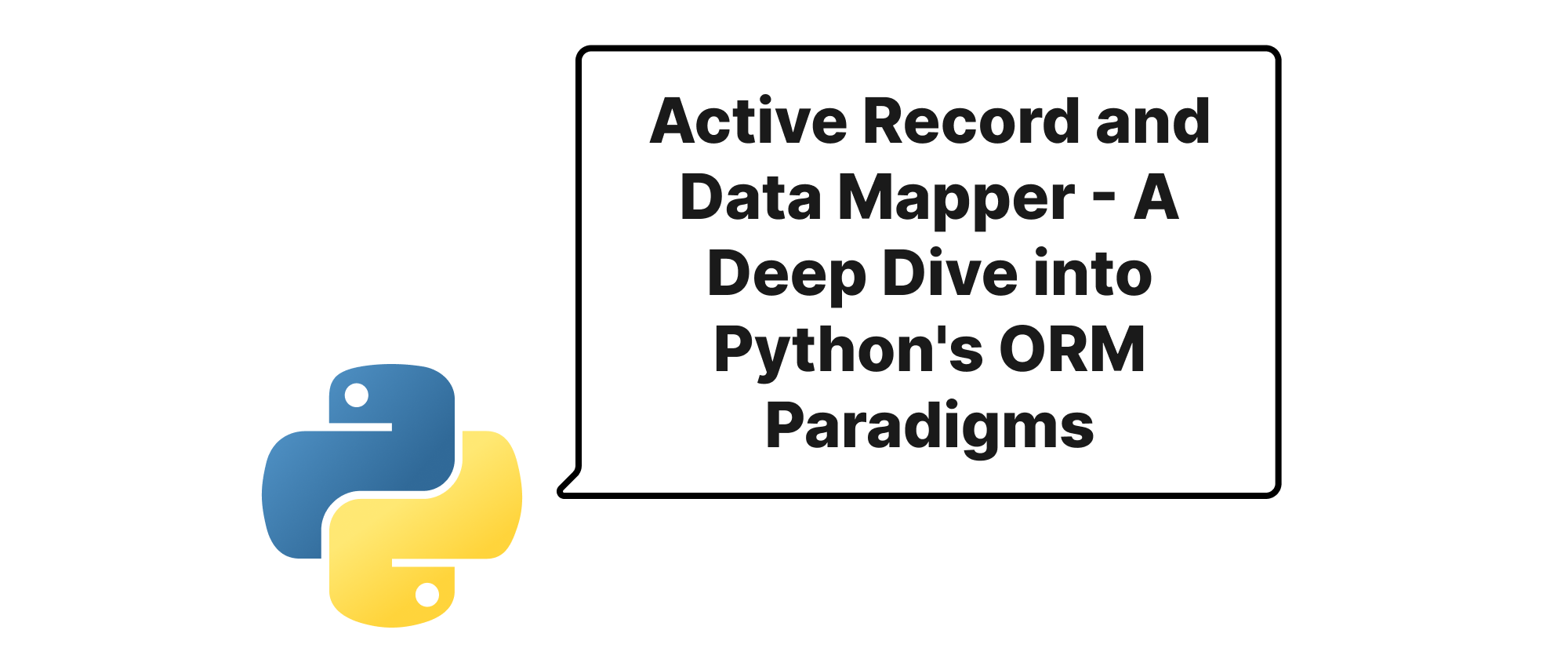
Active Record and Data Mapper - A Deep Dive into Python's ORM Paradigms
This article explores the fundamental differences and practical implications of Active Record (Django ORM) and Data Mapper (SQLAlchemy) architectural patterns in Python's Object-Relational Mapping landscape.
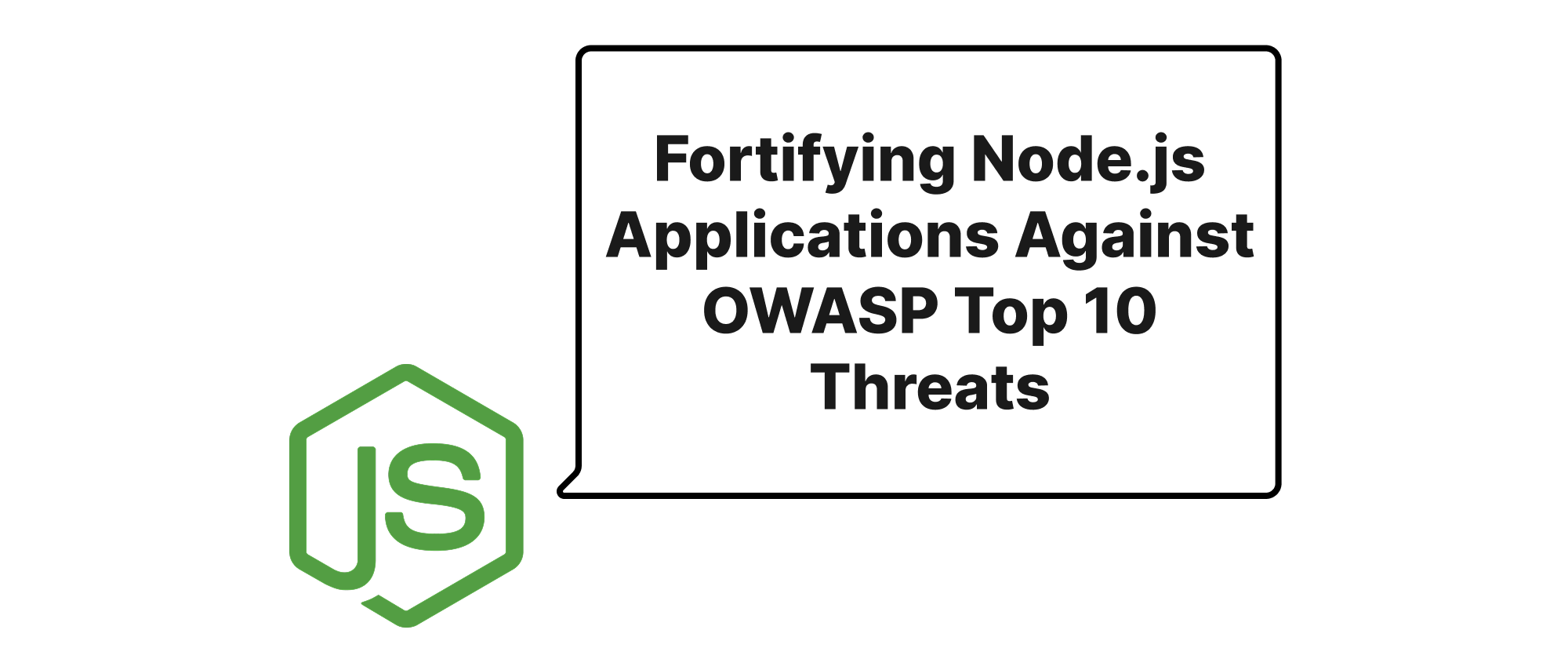
Fortifying Node.js Applications Against OWASP Top 10 Threats
This article delves into practical strategies and code examples for securing Node.js applications against prevalent OWASP Top 10 vulnerabilities, focusing on injection flaws and broken access control.
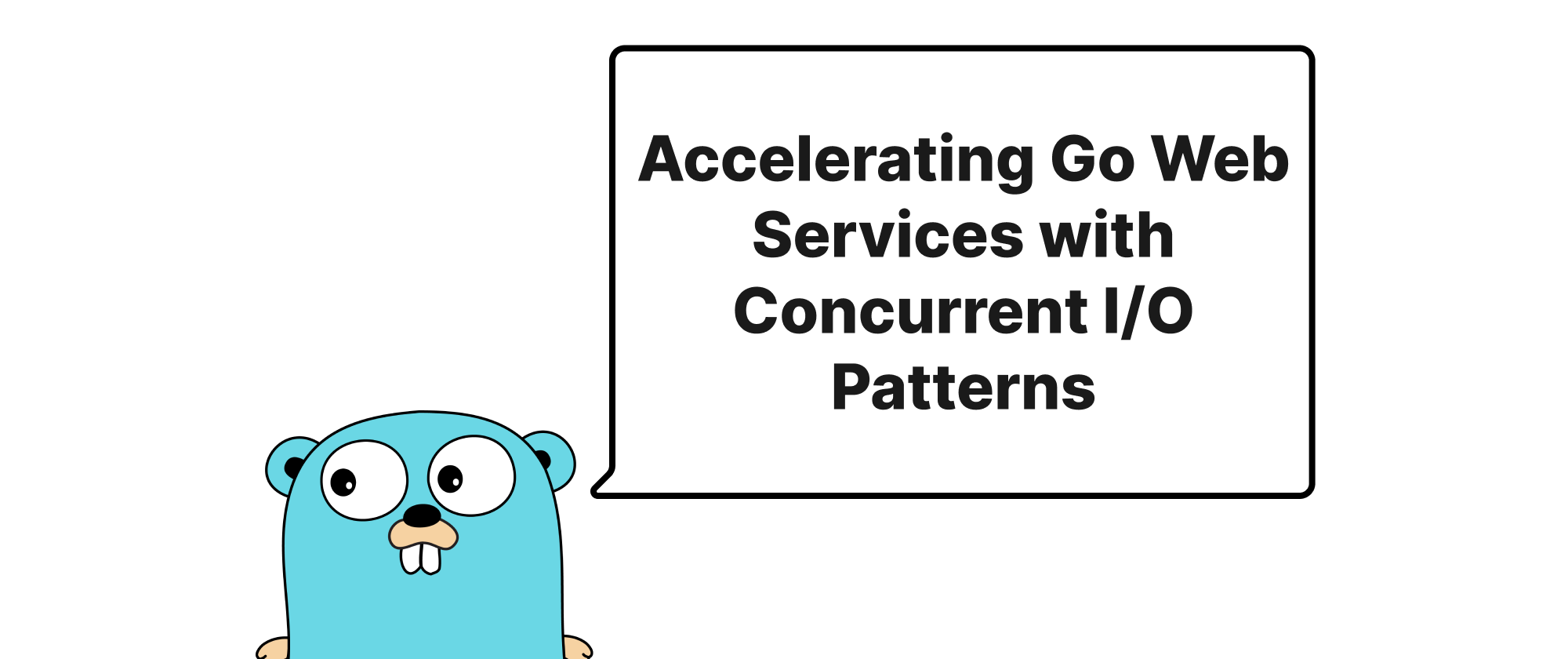
Accelerating Go Web Services with Concurrent I/O Patterns
Explore how Go's powerful concurrency primitives can effectively manage high-latency I/O operations in web services, improving responsiveness and throughput.
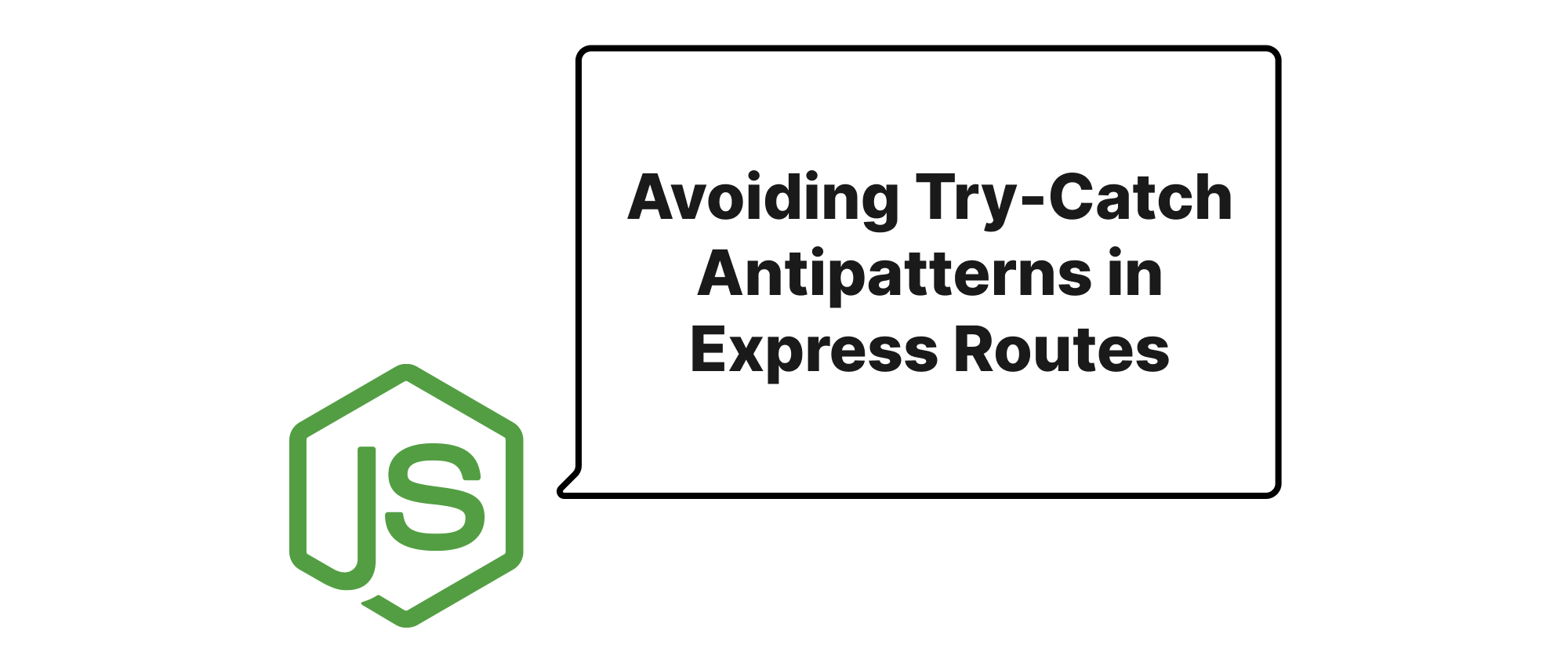
Avoiding Try-Catch Antipatterns in Express Routes
Dive into why scattering try-catch blocks throughout your Express routes can lead to messy, unmaintainable code and discover better asynchronous error handling strategies.
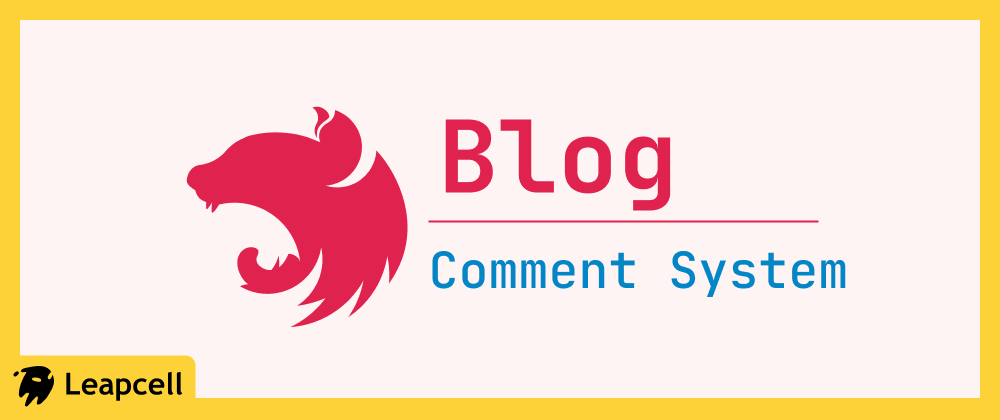
Build a Great Nest.js Blog: Comment System
This tutorial details how to add a complete comment system to a Nest.js blog, covering the TypeORM data model, backend services, authenticated routes, and frontend EJS template integration.
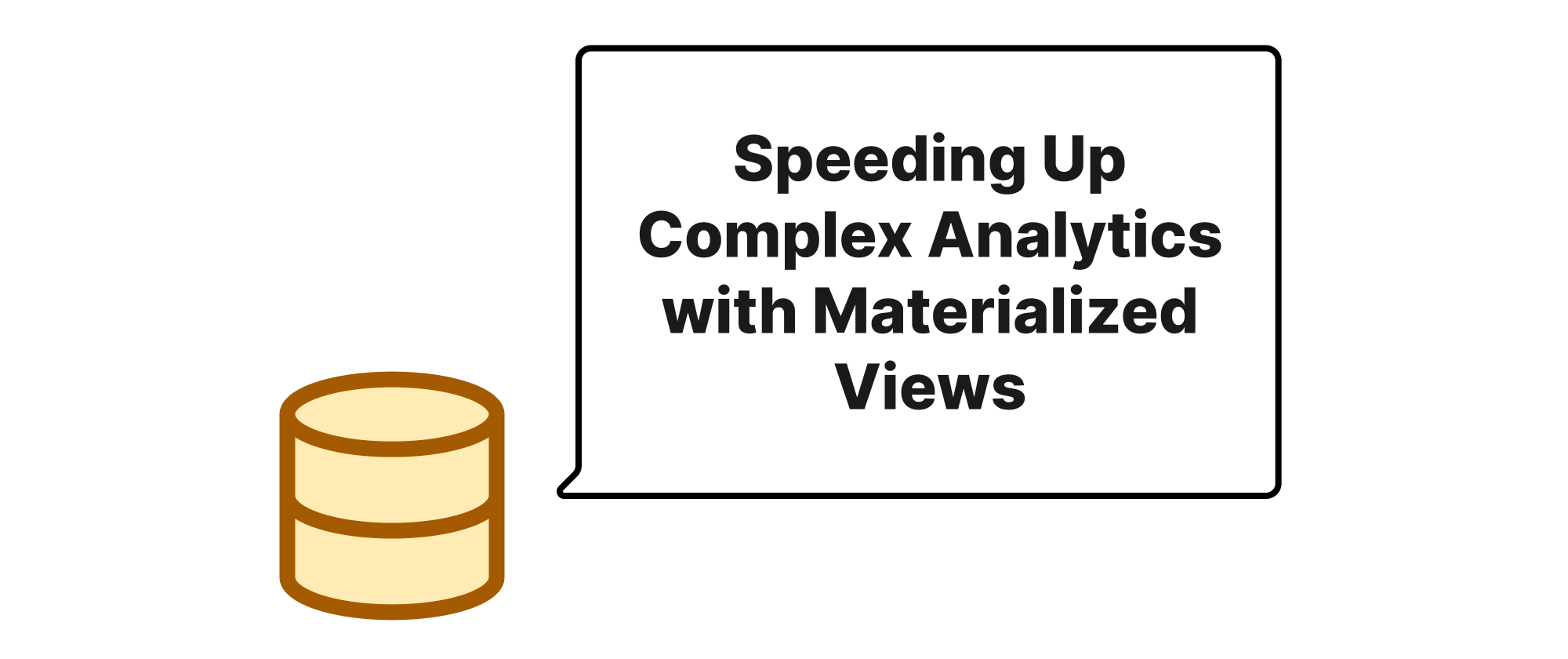
Speeding Up Complex Analytics with Materialized Views
Explore how materialized views can significantly improve the performance of intricate aggregate queries by caching pre-computed results, making them an indispensable tool for data analysts and developers.
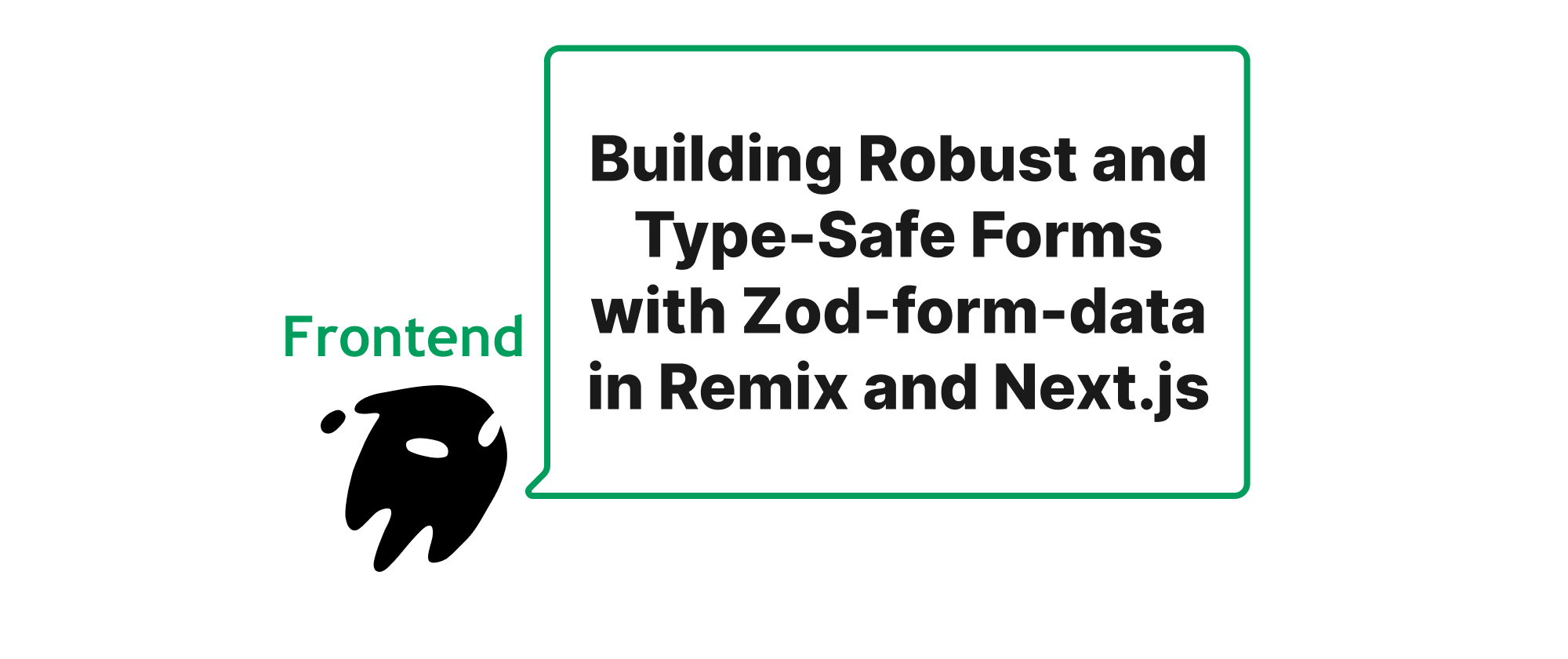
Building Robust and Type-Safe Forms with Zod-form-data in Remix and Next.js
Explore how Zod-form-data empowers developers to create progressively enhanced and end-to-end type-safe forms in modern React frameworks like Remix and Next.js, significantly improving data integrity and developer experience.

Crafting Intuitive Component Props APIs boolean enum and their composition
This article delves into the design considerations for component props, focusing on boolean, enum, and composite patterns to create APIs that are both clean and predictable for front-end developers.
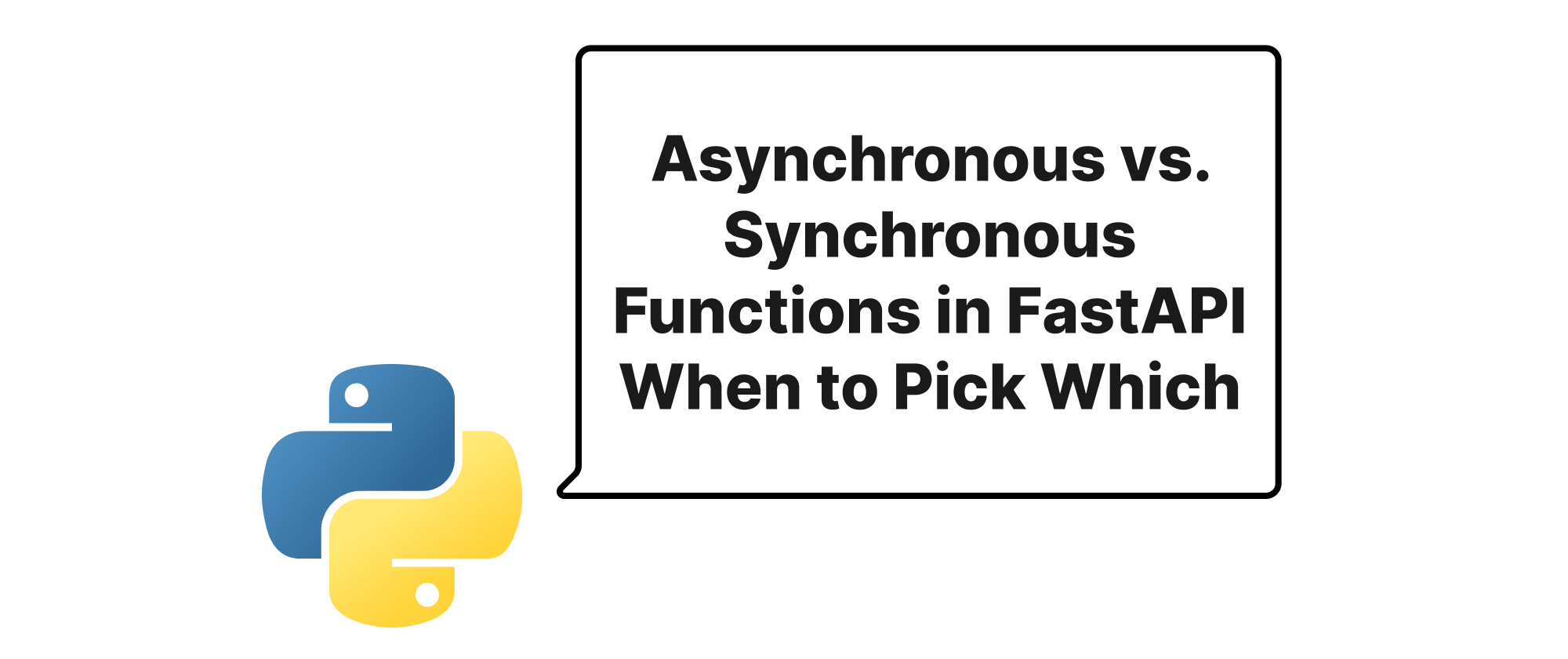
Asynchronous vs. Synchronous Functions in FastAPI When to Pick Which
This article delves into the nuances of async def and def in FastAPI, explaining their core differences, performance implications, and practical use cases to guide developers in building efficient web applications.
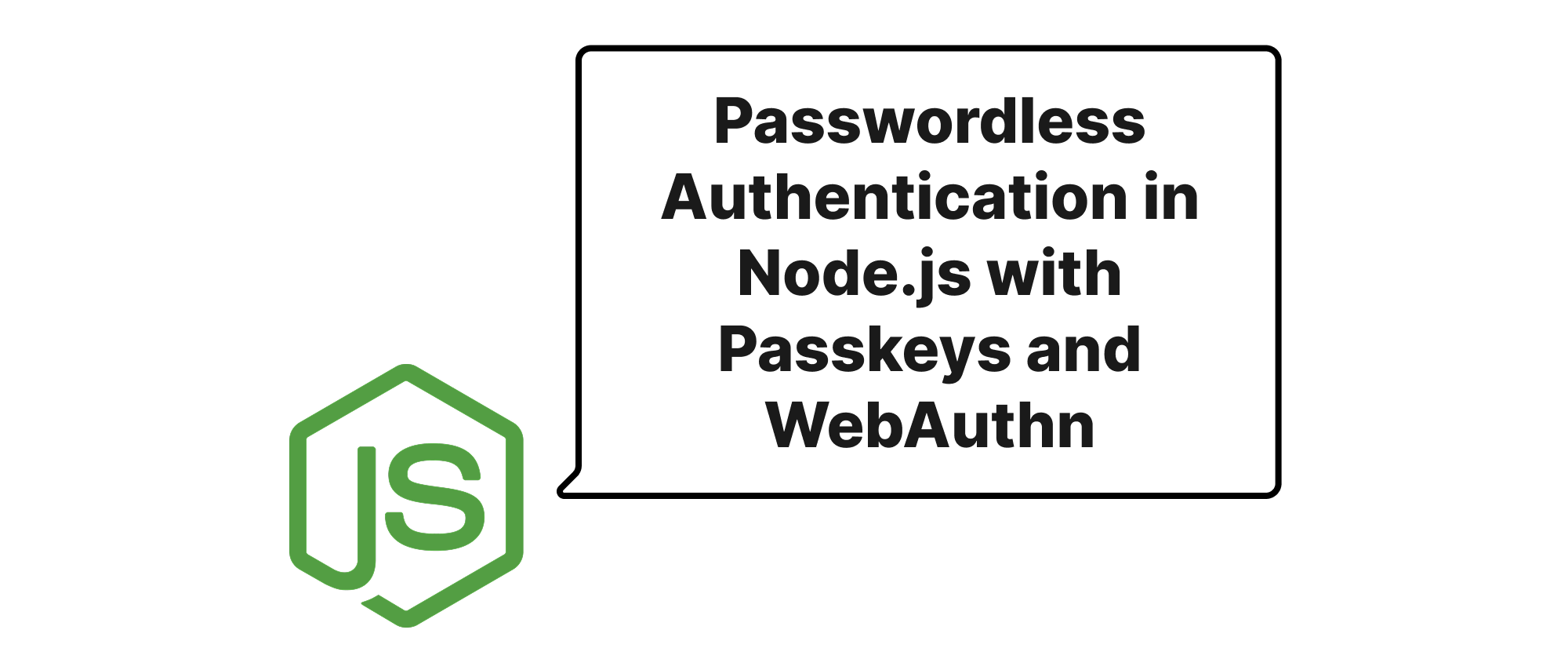
Passwordless Authentication in Node.js with Passkeys and WebAuthn
Exploring how Passkeys and WebAuthn can revolutionize user authentication in Node.js applications by eliminating passwords and enhancing security.

Structuring Go Web Applications for Maintainability and Scalability
This article delves into the layered architecture for Go web applications, explaining how to organize handlers, services, and repositories to achieve better code organization, testability, and scalability.

Unique Keys for Service Registry and Dependency Injection in Node.js with TypeScript Leveraging Symbols
This article delves into the practical application of JavaScript Symbols as unique keys for building robust service registries and dependency injection systems in Node.js applications using TypeScript, offering enhanced type safety and collision prevention.

Build a Great Nest.js Blog: Add Authorization
This tutorial explains how to add persistent user authentication to a NestJS blog using express-session and Redis, covering session management, protected routes, and dynamic UI updates.
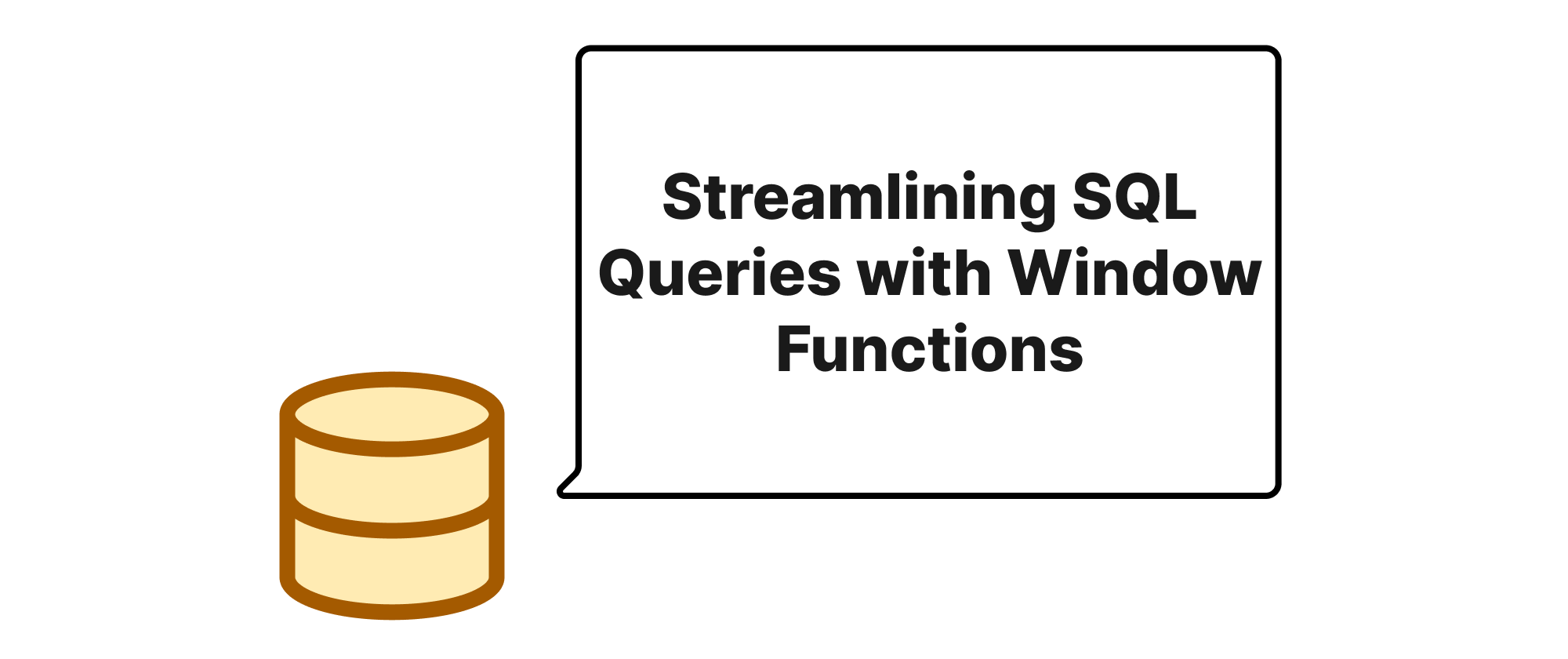
Streamlining SQL Queries with Window Functions
Discover how SQL window functions offer a powerful alternative to complex subqueries and self-joins, simplifying data analysis and improving query performance.
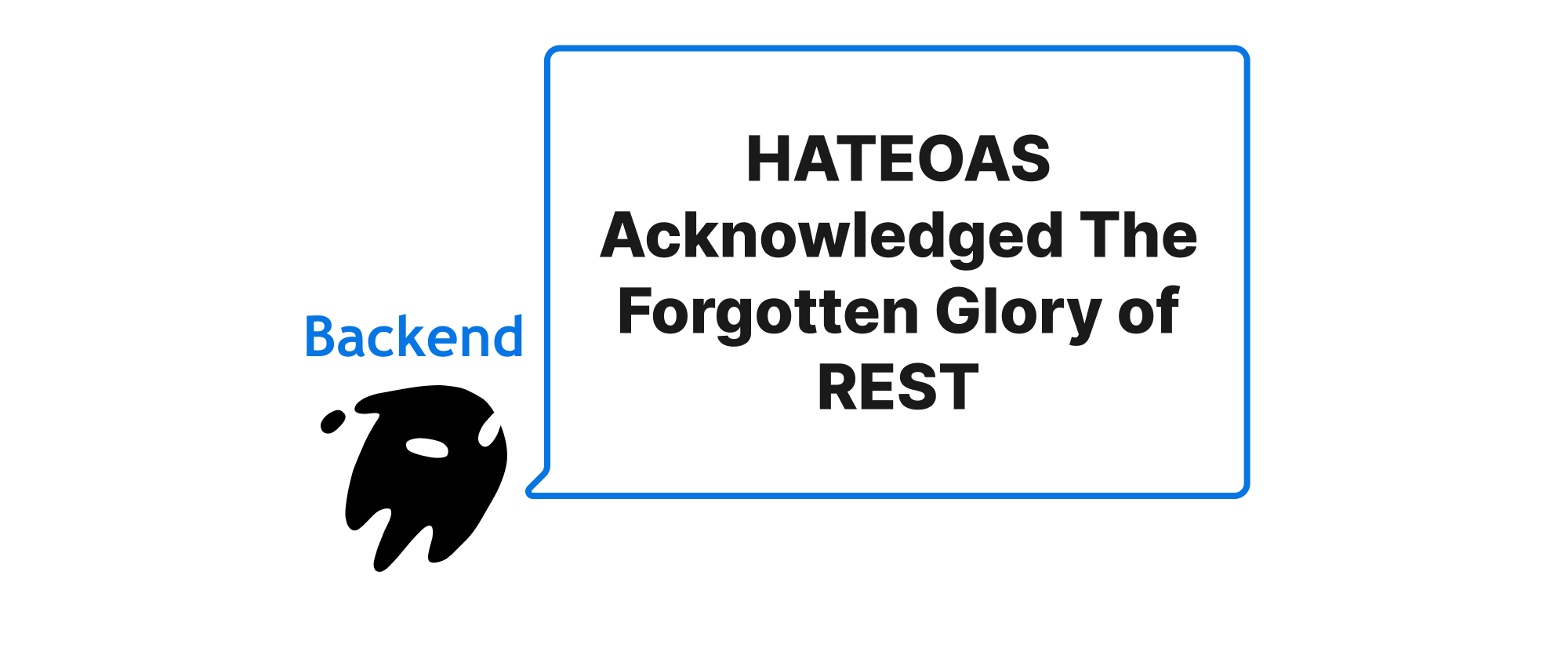
HATEOAS Acknowledged The Forgotten Glory of REST
This article delves into the concept of HATEOAS in modern API design, examining its relevance and practical applications.
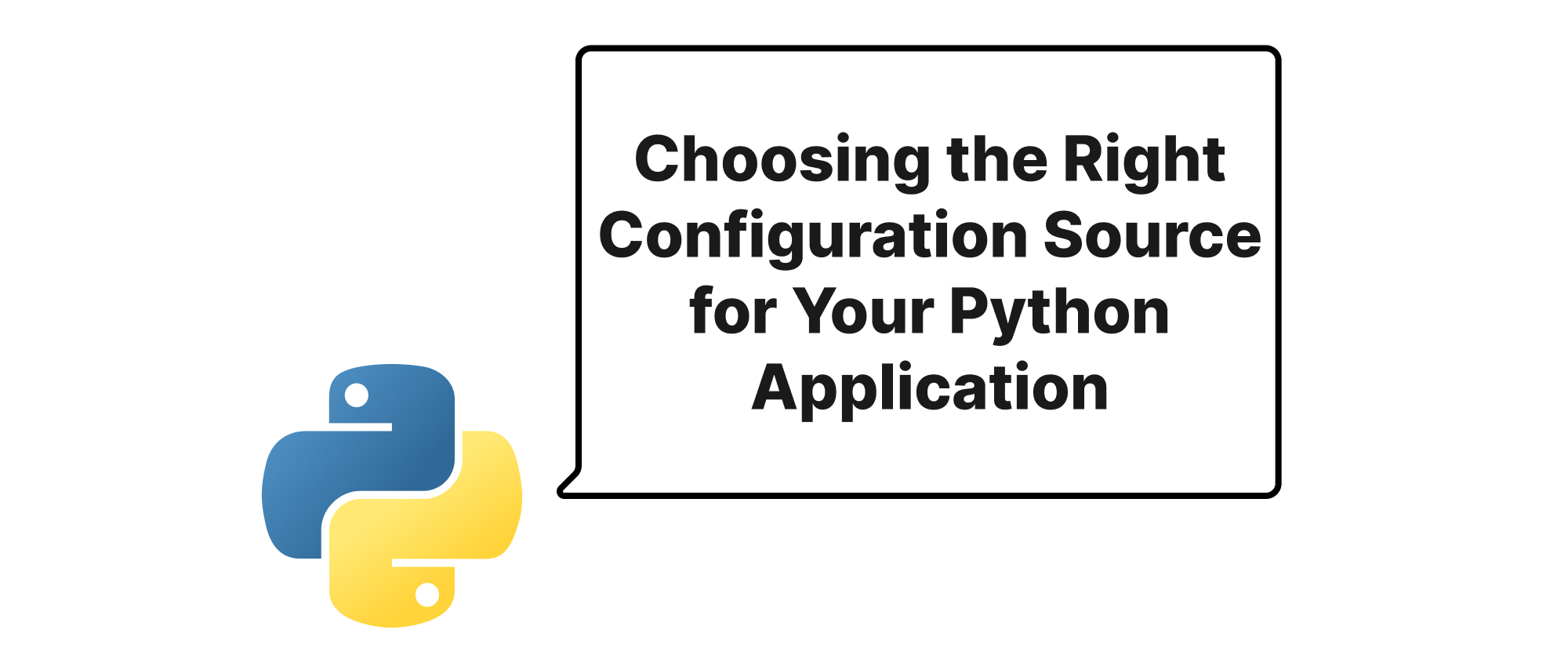
Choosing the Right Configuration Source for Your Python Application
This article compares environment variables, INI files, and Python modules as configuration sources for Python applications, highlighting their pros and cons with practical examples.
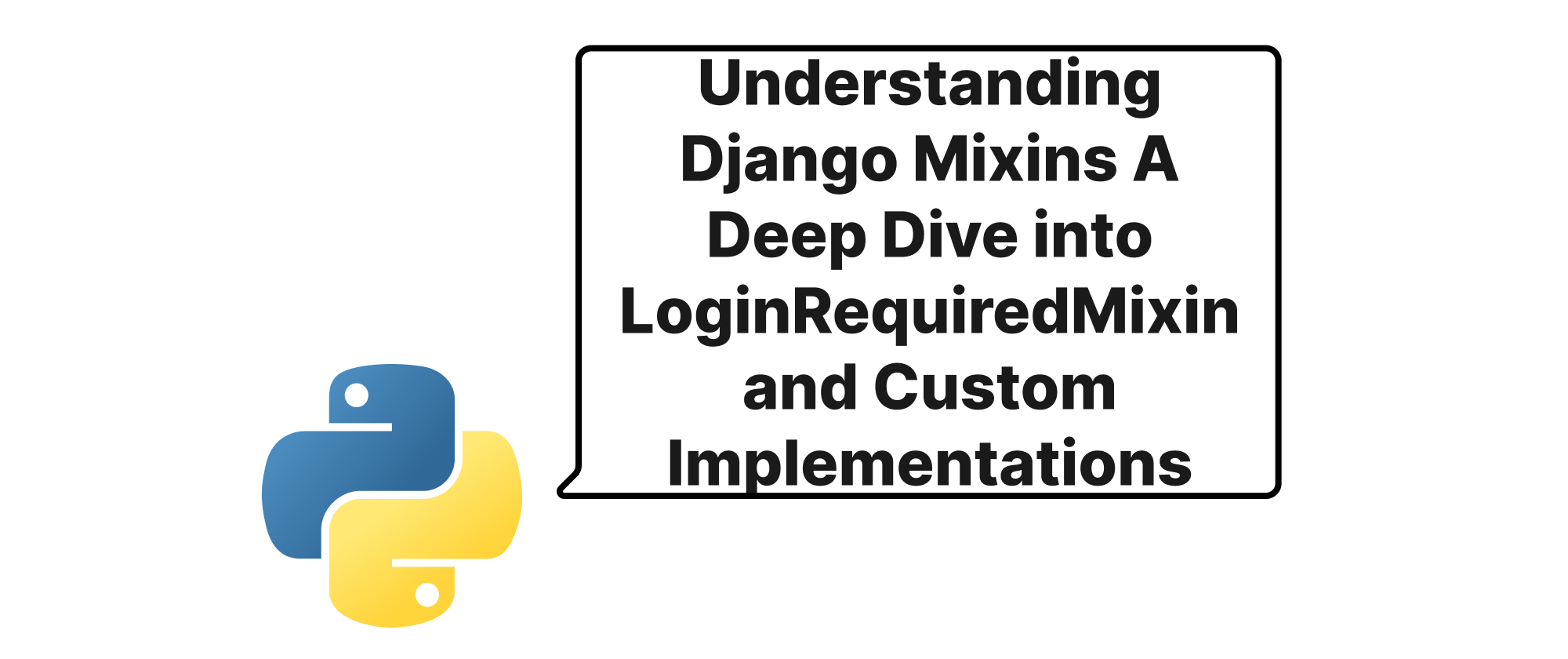
Understanding Django Mixins A Deep Dive into LoginRequiredMixin and Custom Implementations
This article explores Django's Mixin pattern, focusing on LoginRequiredMixin for authentication and providing a guide to creating your own reusable Mixins for enhanced code organization and reusability.

Optimizing CI/CD for Full-Stack Projects: Leveraging Turborepo's Remote Caching and On-Demand Builds
This article explores how Turborepo's remote caching and on-demand build features can revolutionize CI/CD pipelines for monorepo full-stack JavaScript projects, leading to faster build times, reduced resource consumption, and more efficient development workflows. We delve into core concepts, practical implementation, and real-world benefits.
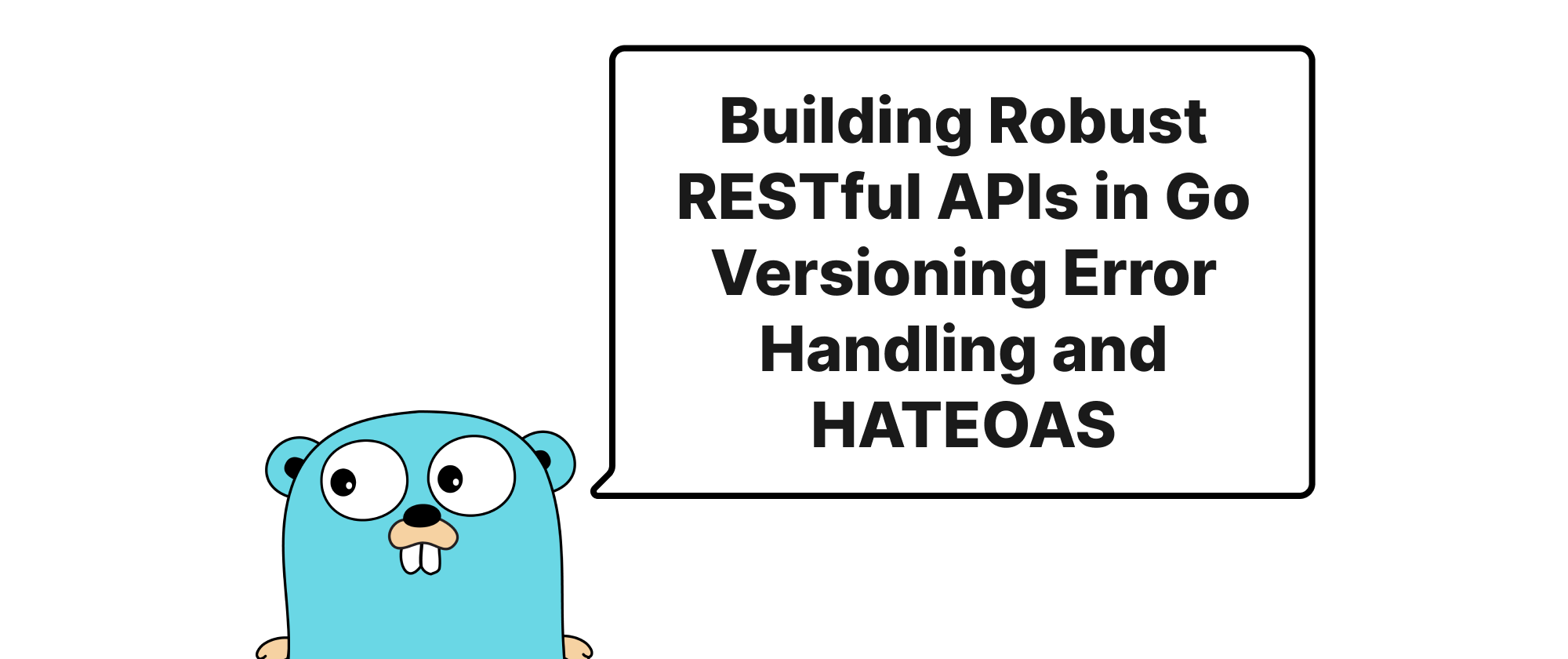
Building Robust RESTful APIs in Go Versioning Error Handling and HATEOAS
Explore how to construct resilient and maintainable RESTful APIs in Go by implementing effective versioning, comprehensive error handling, and the HATEOAS principle for enhanced discoverability and client interaction.
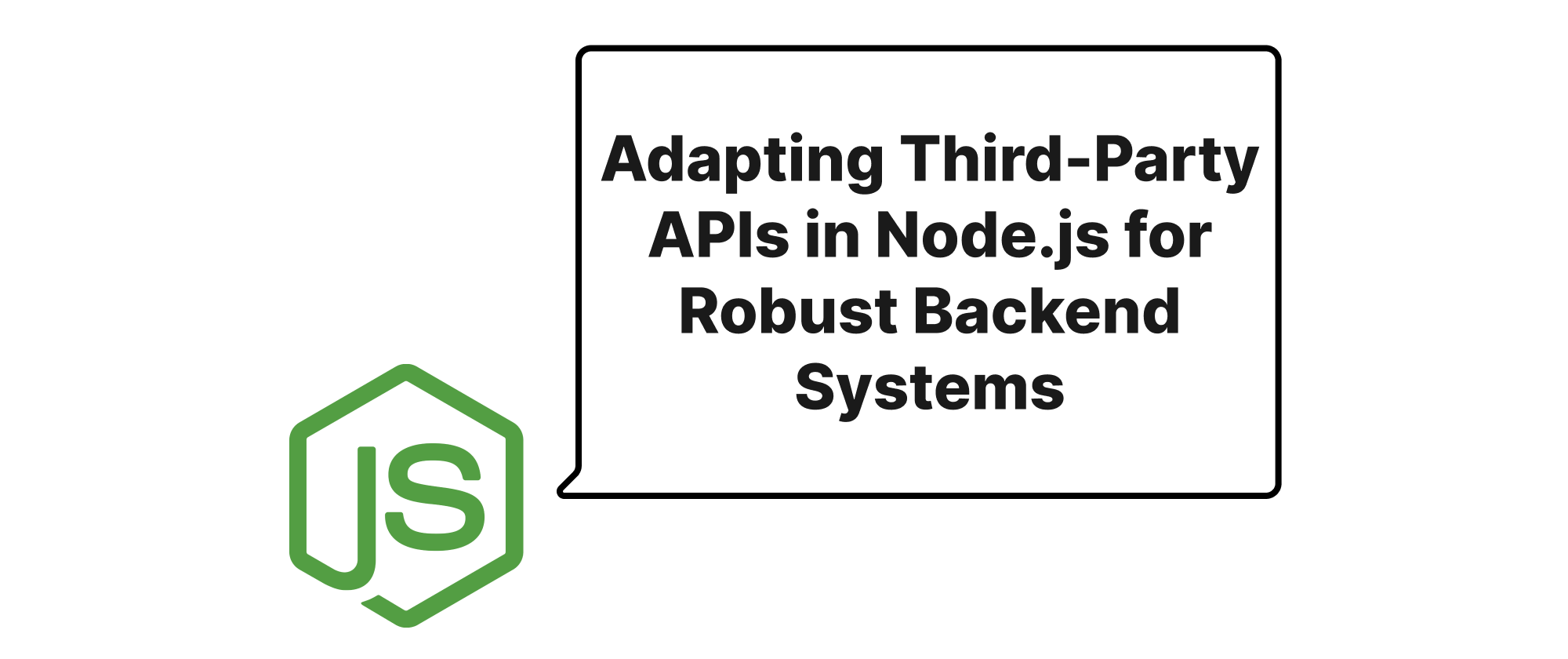
Adapting Third-Party APIs in Node.js for Robust Backend Systems
Explore how the Adapter pattern in Node.js can elegantly encapsulate and replace third-party API clients, enhancing maintainability and flexibility in backend development.

Build a Great Nest.js Blog: Add User System
This tutorial guides you through securing a NestJS blog by adding a user registration and login system, implementing session-based authentication, and using bcrypt for secure password hashing.
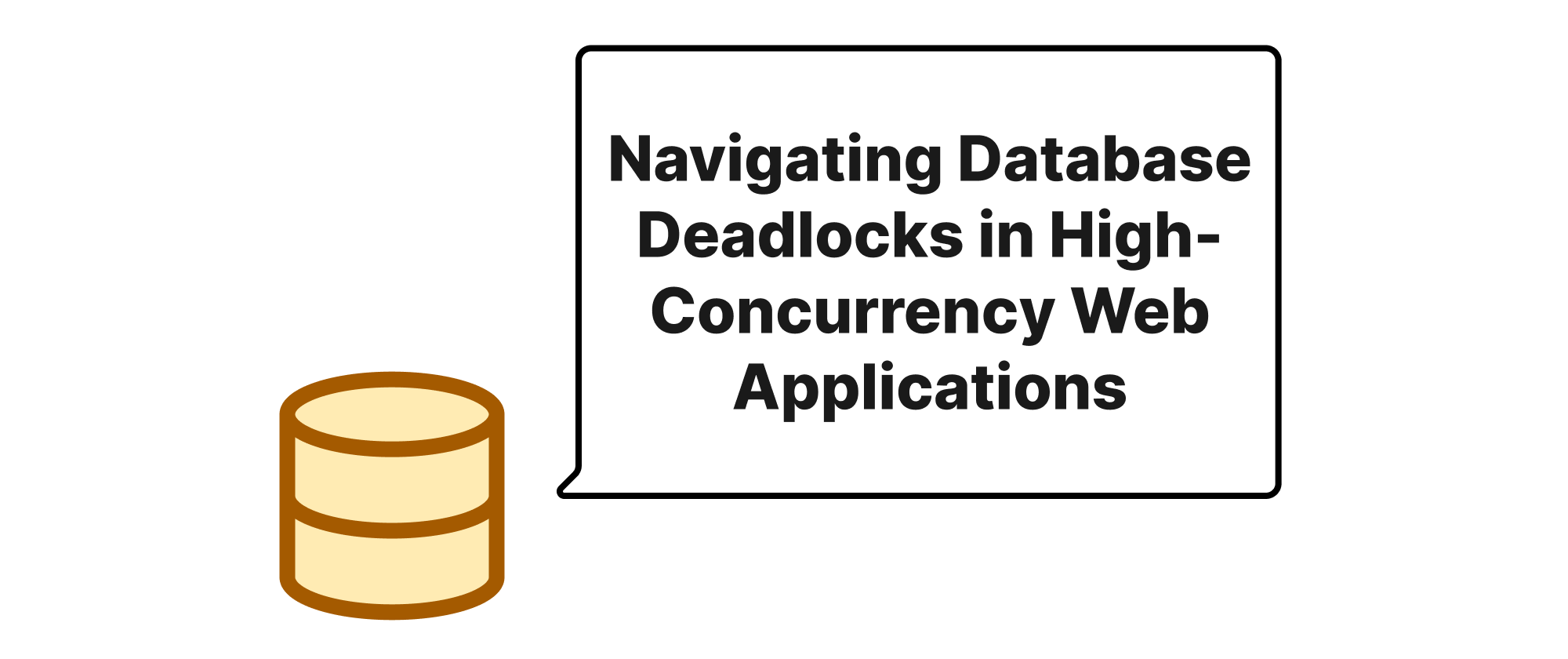
Navigating Database Deadlocks in High-Concurrency Web Applications
A deep dive into understanding, identifying, and resolving database deadlocks that commonly plague high-concurrency web applications, with practical examples and strategies.
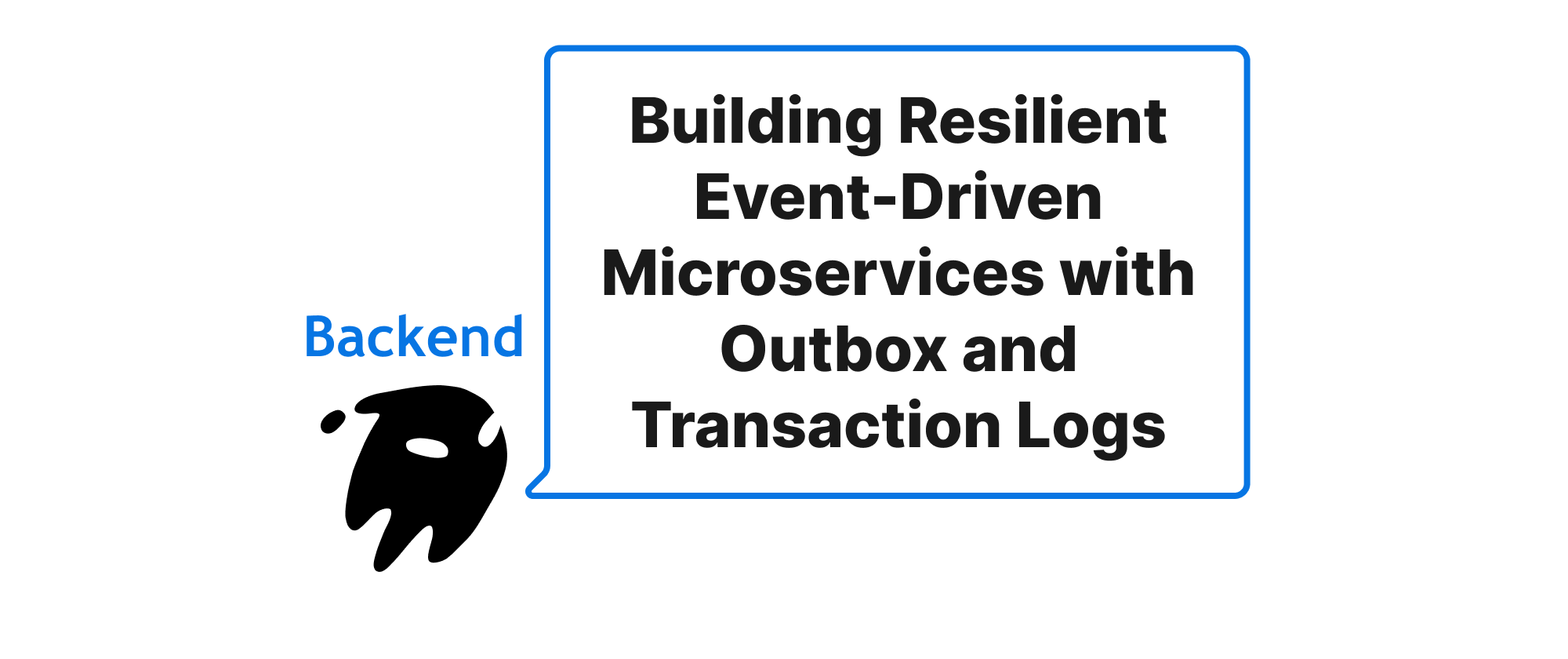
Building Resilient Event-Driven Microservices with Outbox and Transaction Logs
Explore how the outbox pattern and database transaction logs create robust, reliable event-driven microservices, ensuring data consistency and message delivery.
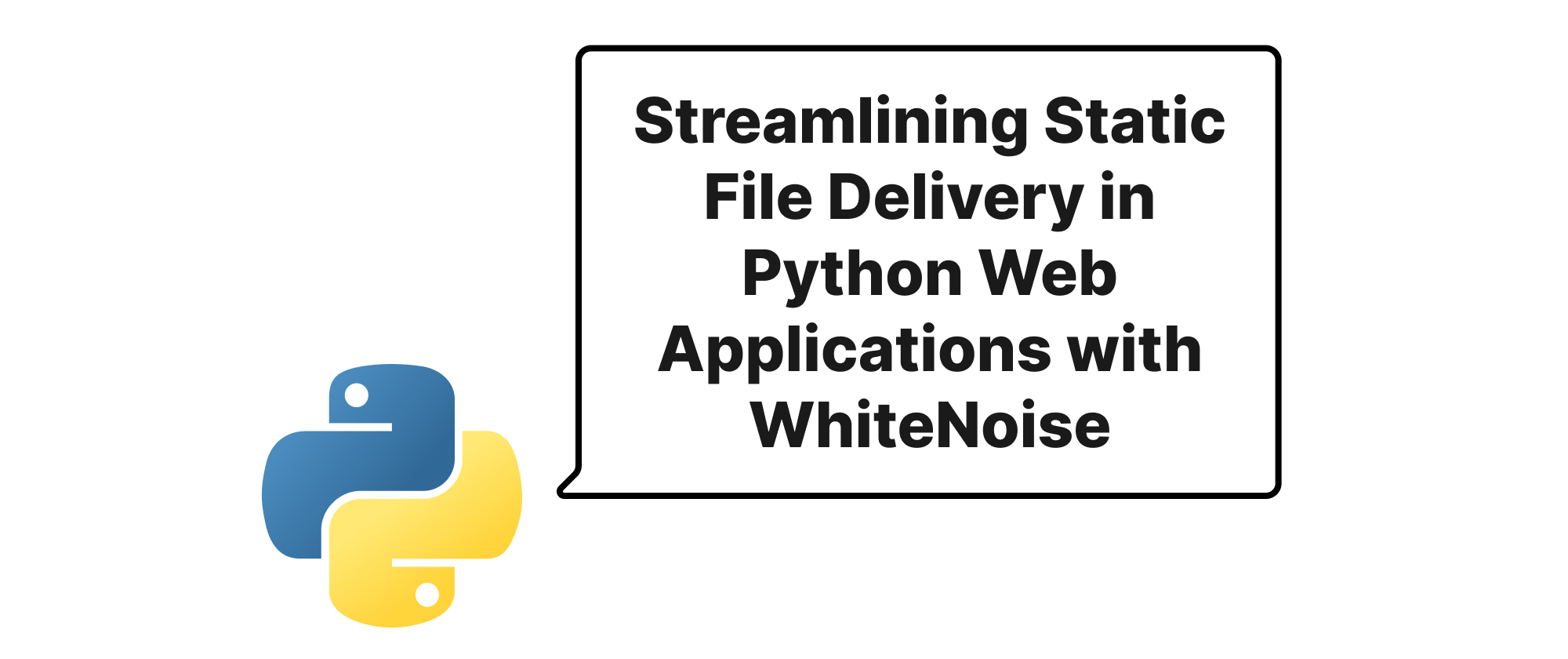
Streamlining Static File Delivery in Python Web Applications with WhiteNoise
This article details how WhiteNoise efficiently serves static files in Python web applications during production, covering its benefits, implementation, and best practices for robust deployment.
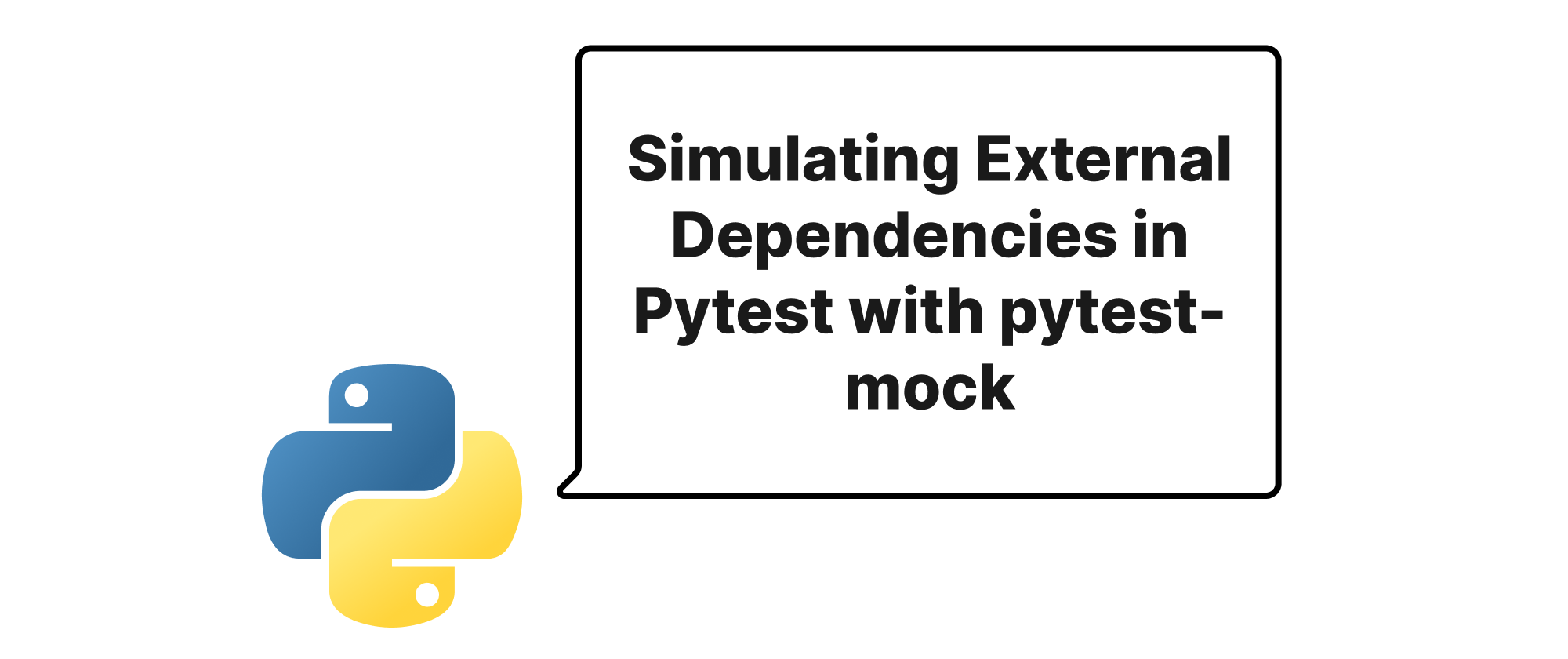
Simulating External Dependencies in Pytest with pytest-mock
This article delves into using pytest-mock to effectively simulate external API and database calls within your Python tests, enhancing test reliability and speed.

PM2 and Docker - Choosing the Right Process Manager for Node.js in Production
This article explores the strengths and weaknesses of PM2 and Docker for managing Node.js applications in production environments, offering insights to help developers make informed decisions.

Unit and Integration Testing Go Web Applications with httptest
Exploring effective unit and integration testing strategies for Go web applications using the built-test package httptest, complete with practical examples.
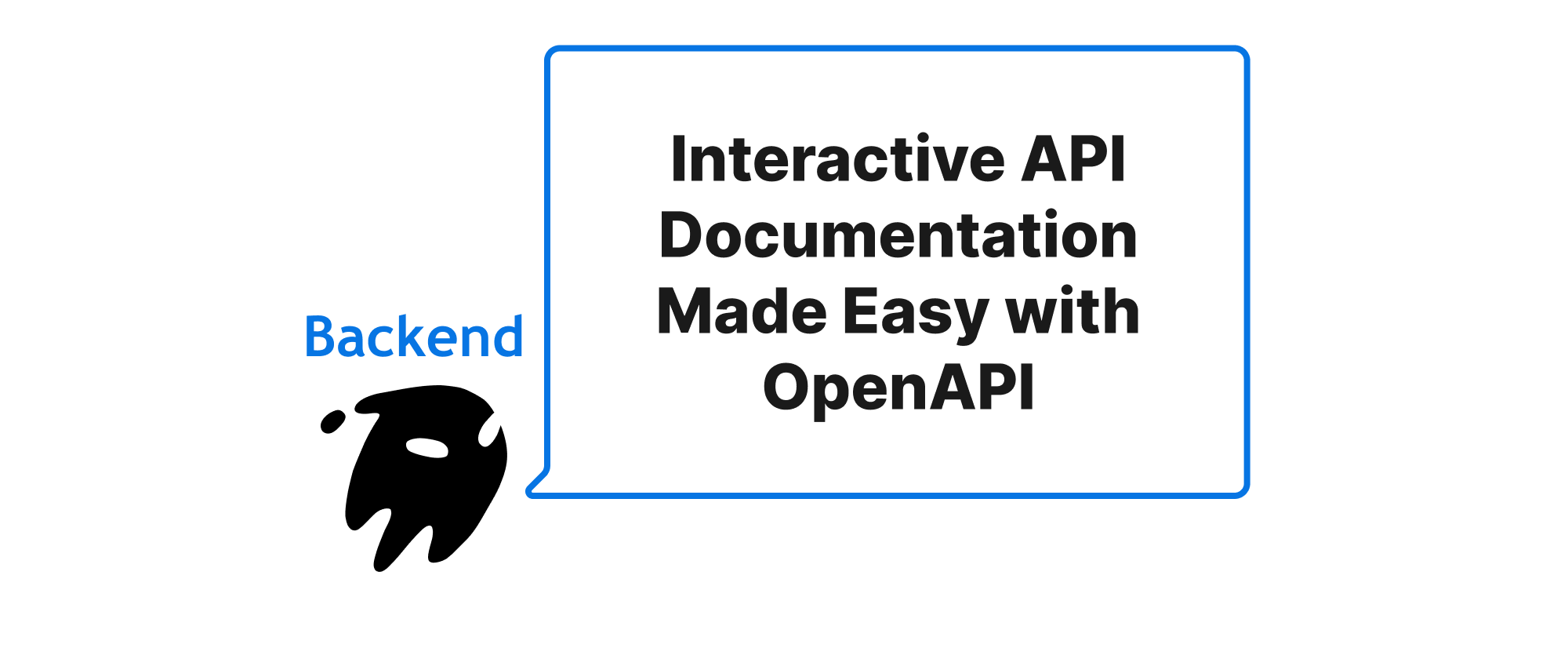
Interactive API Documentation Made Easy with OpenAPI
Learn how to automatically generate interactive API documentation for your Flask, FastAPI, and Gin applications using OpenAPI (Swagger), improving developer experience and API discoverability.
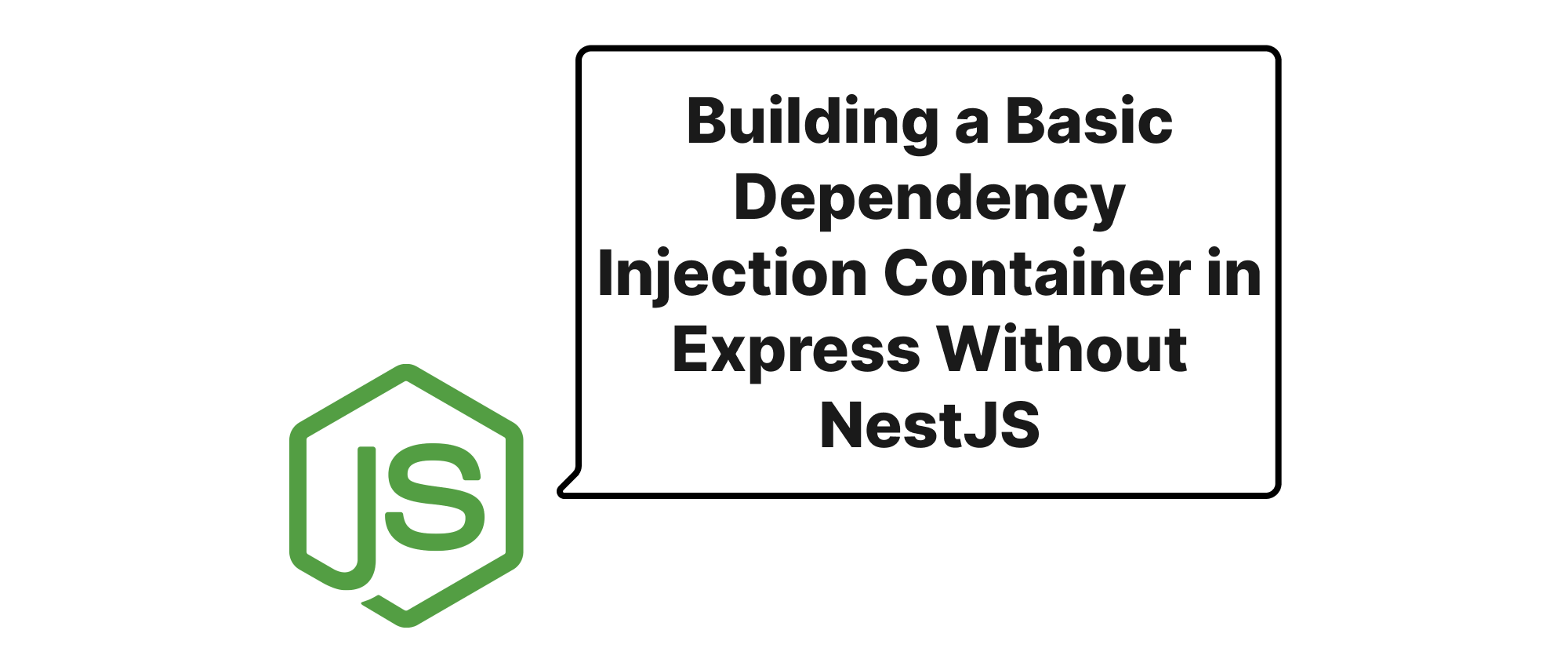
Building a Basic Dependency Injection Container in Express Without NestJS
This article explains how to manually implement a simple dependency injection container within an Express.js application, without relying on frameworks like NestJS. It covers the core concepts, practical implementation steps, and demonstrates how to manage and inject services efficiently.
